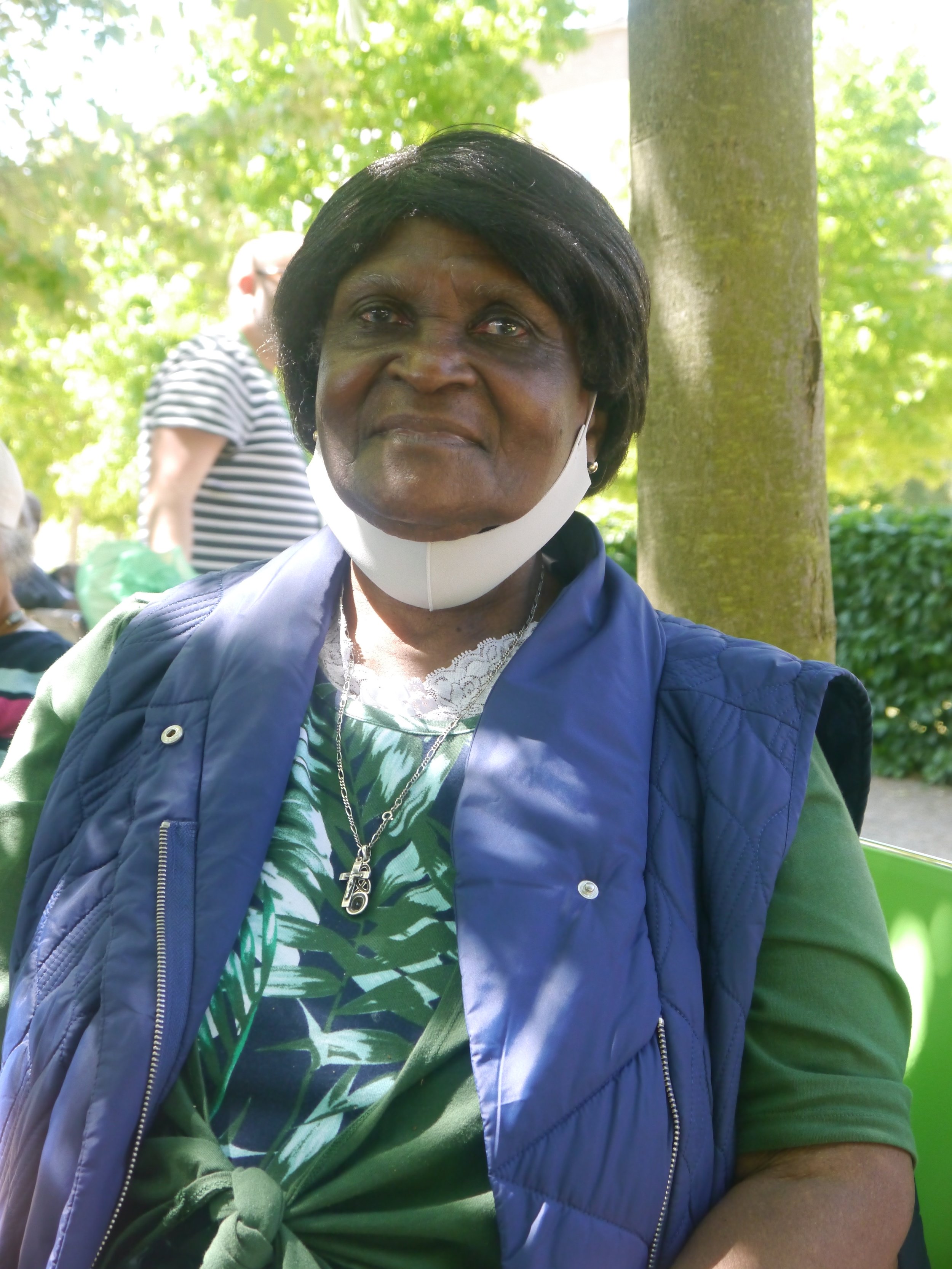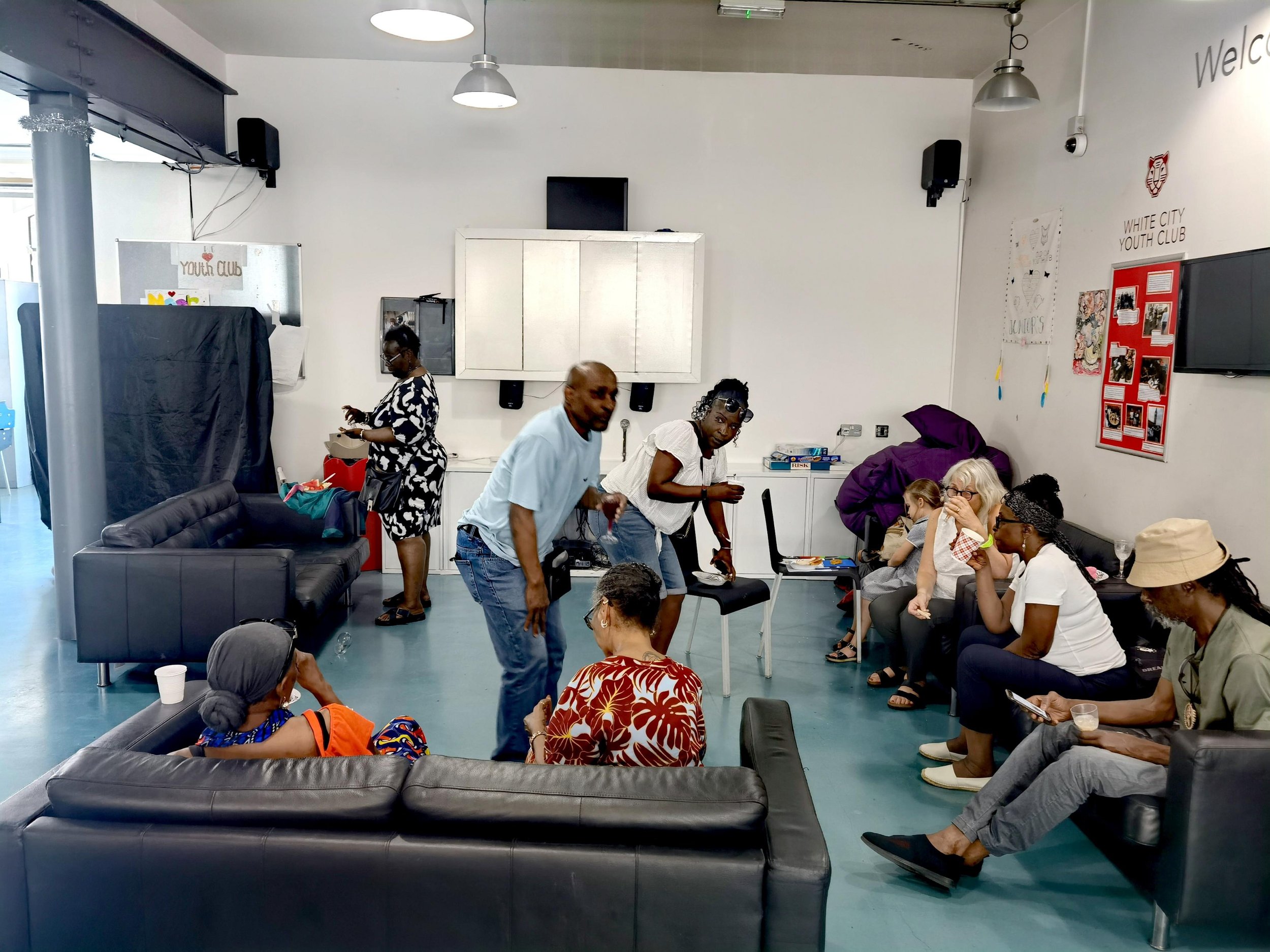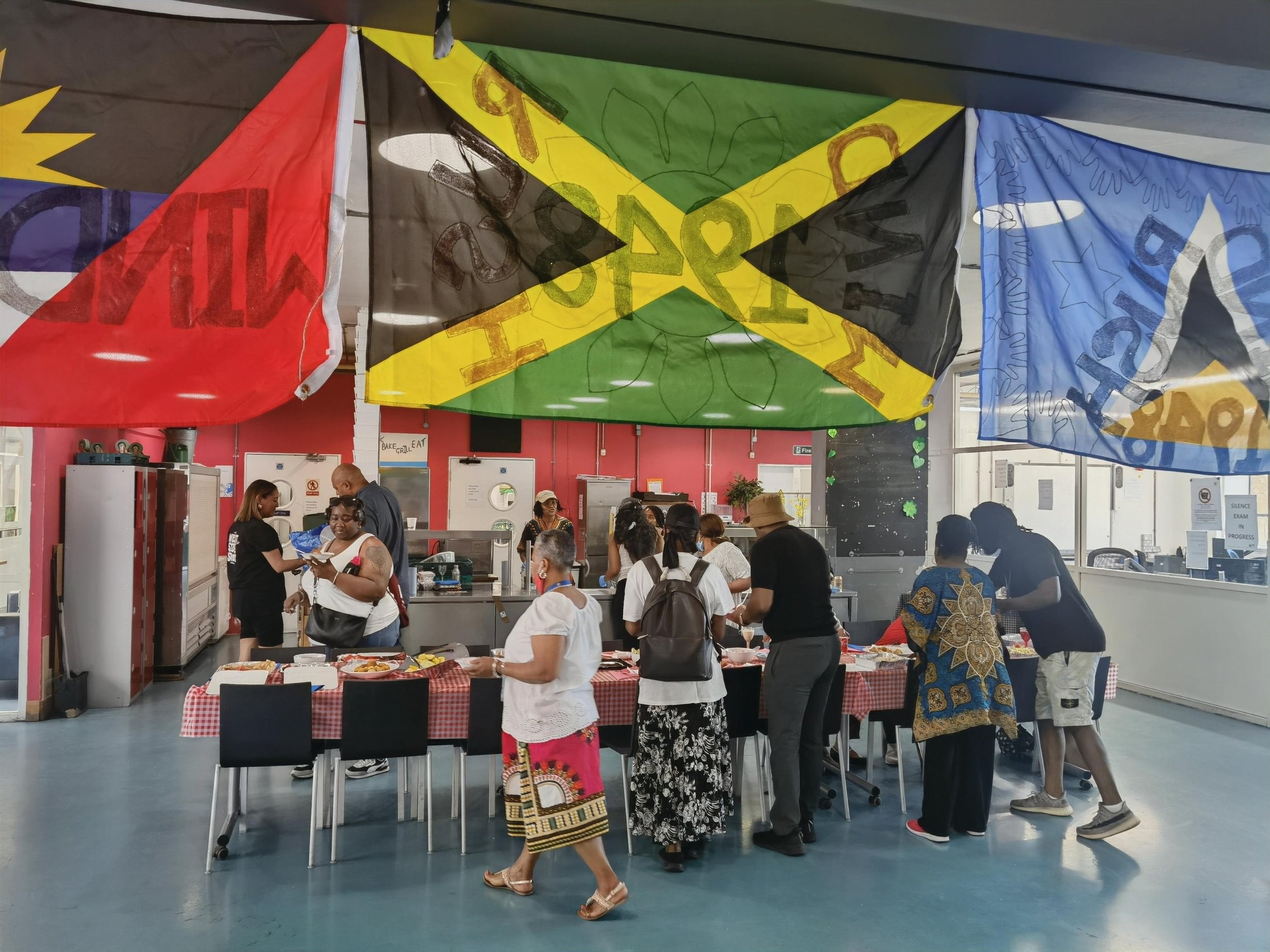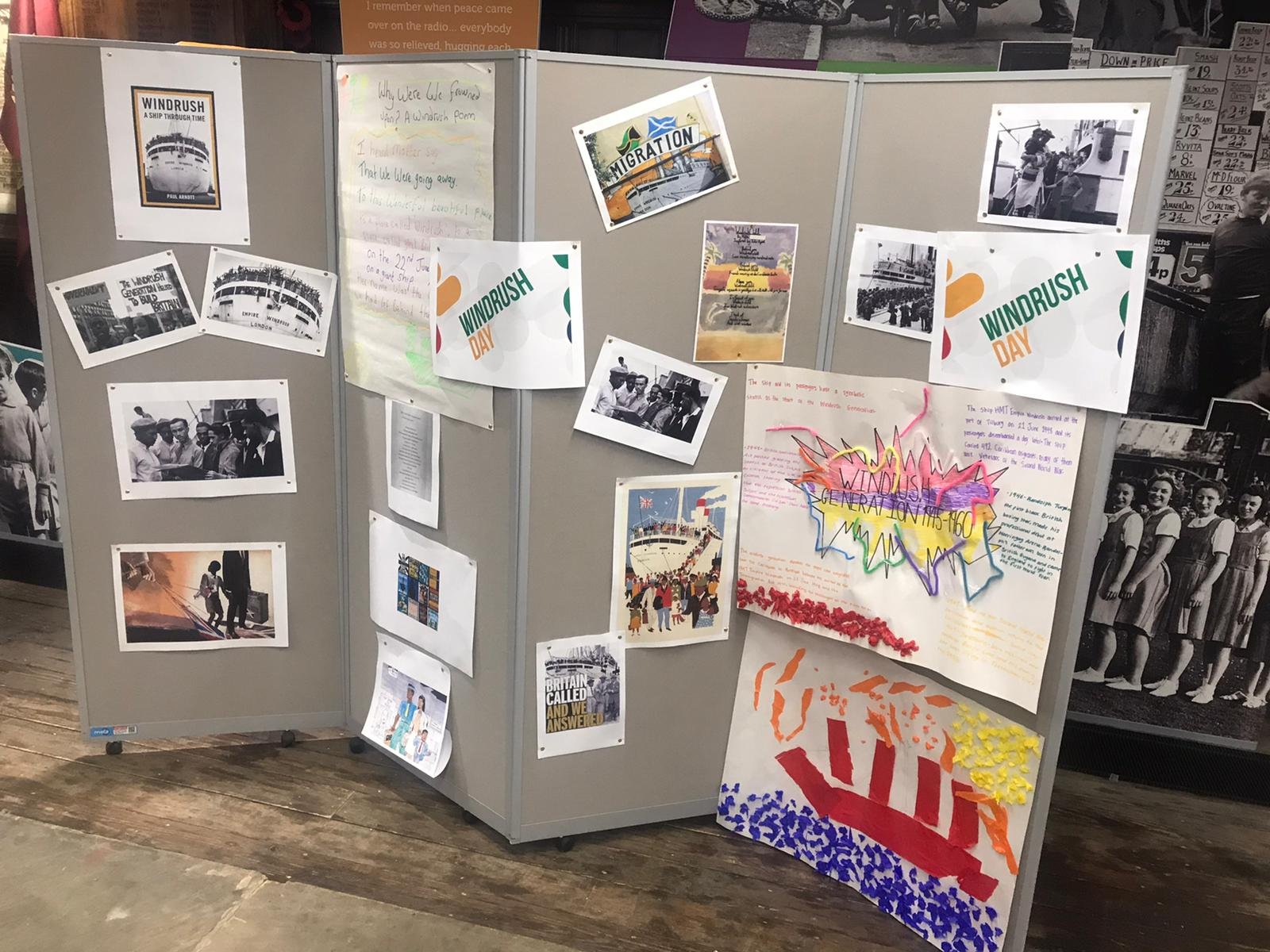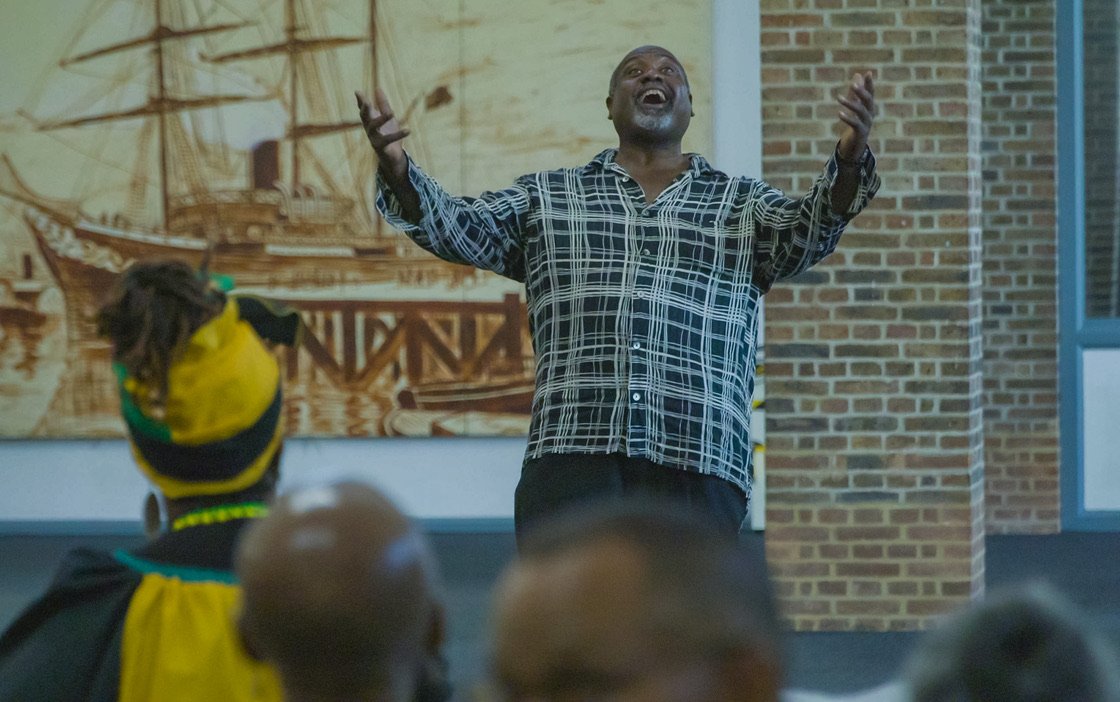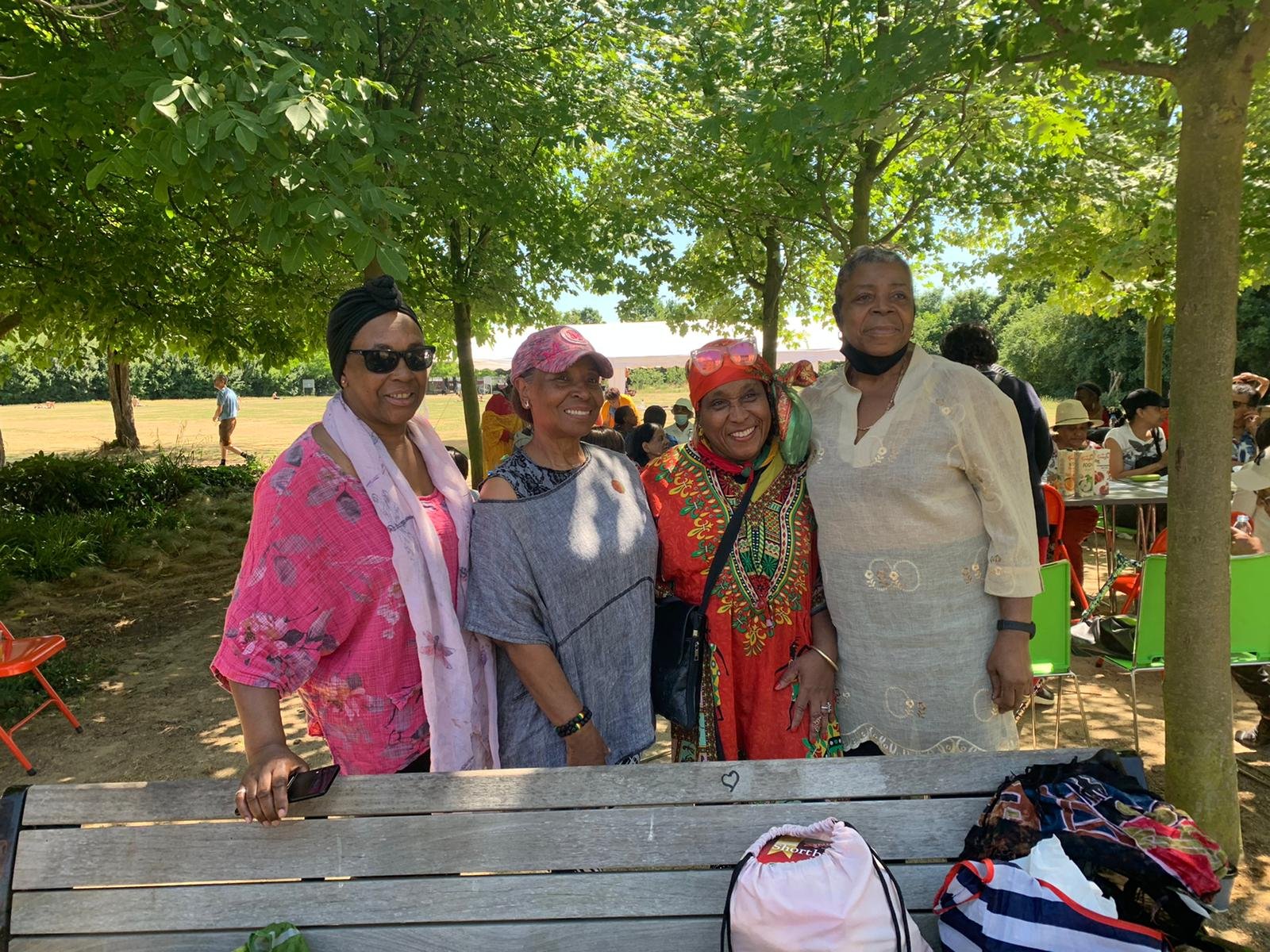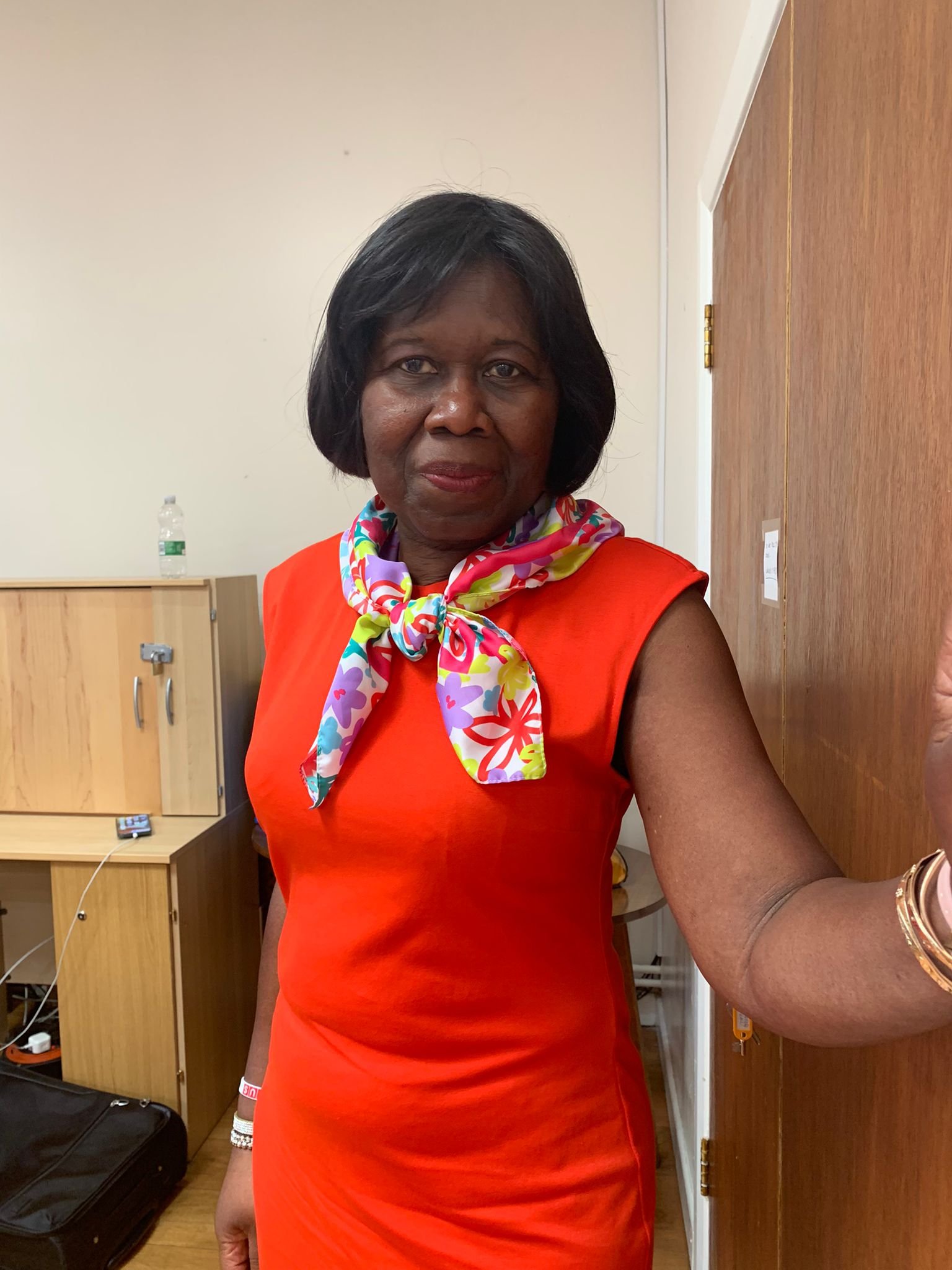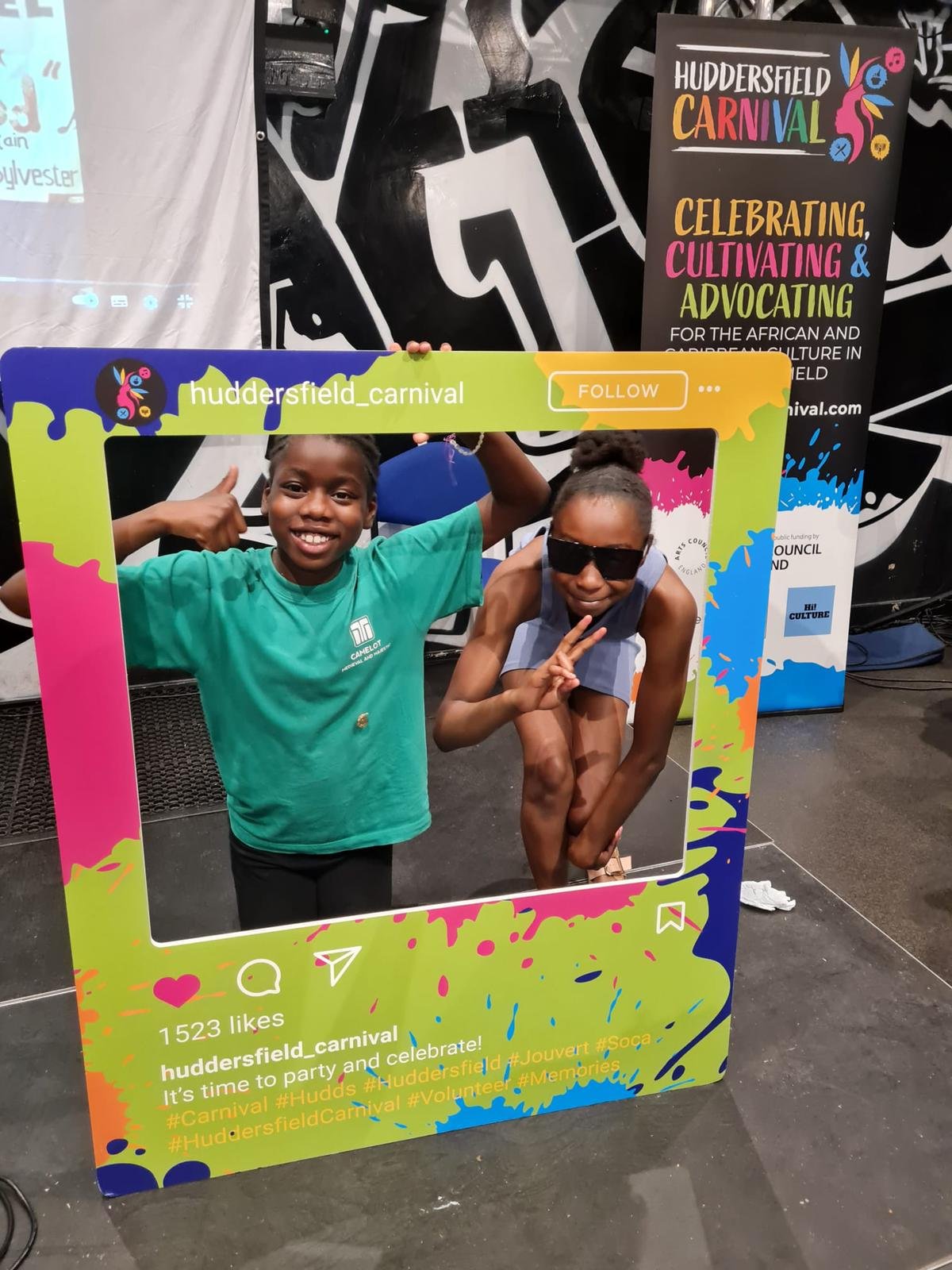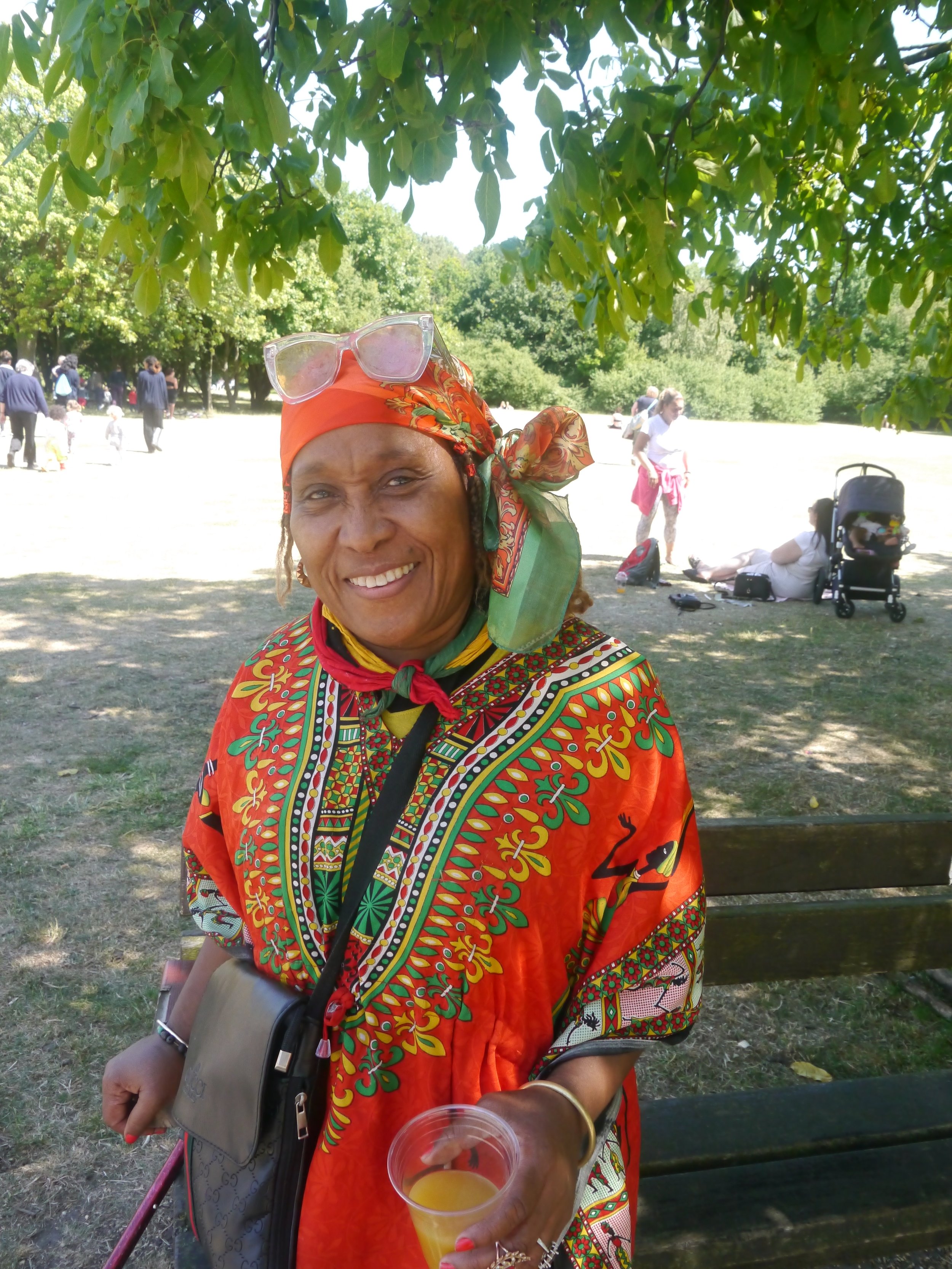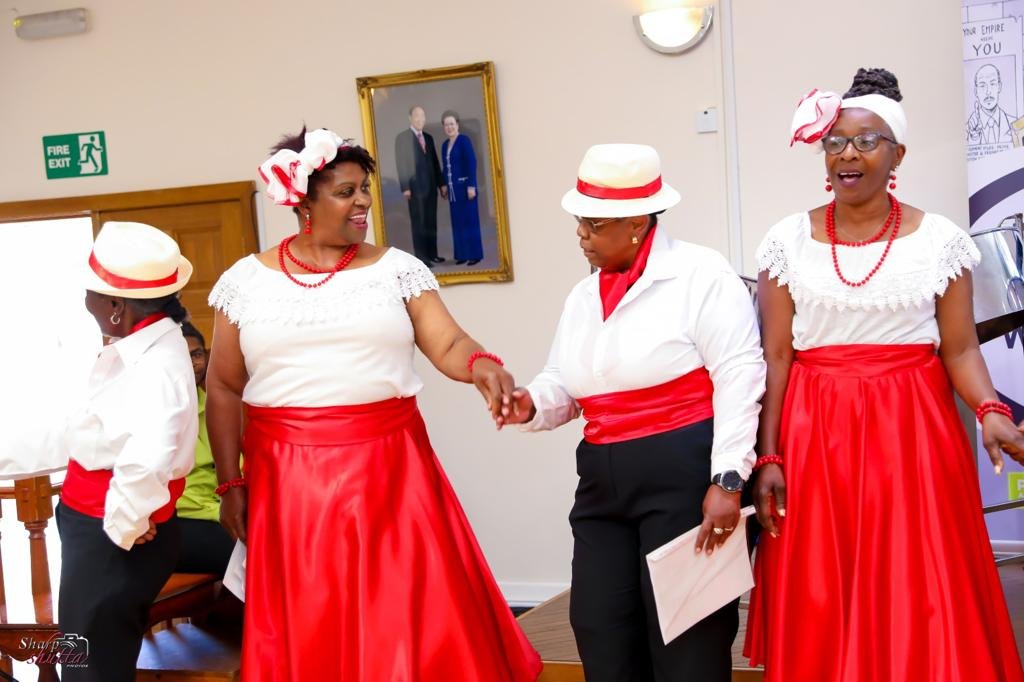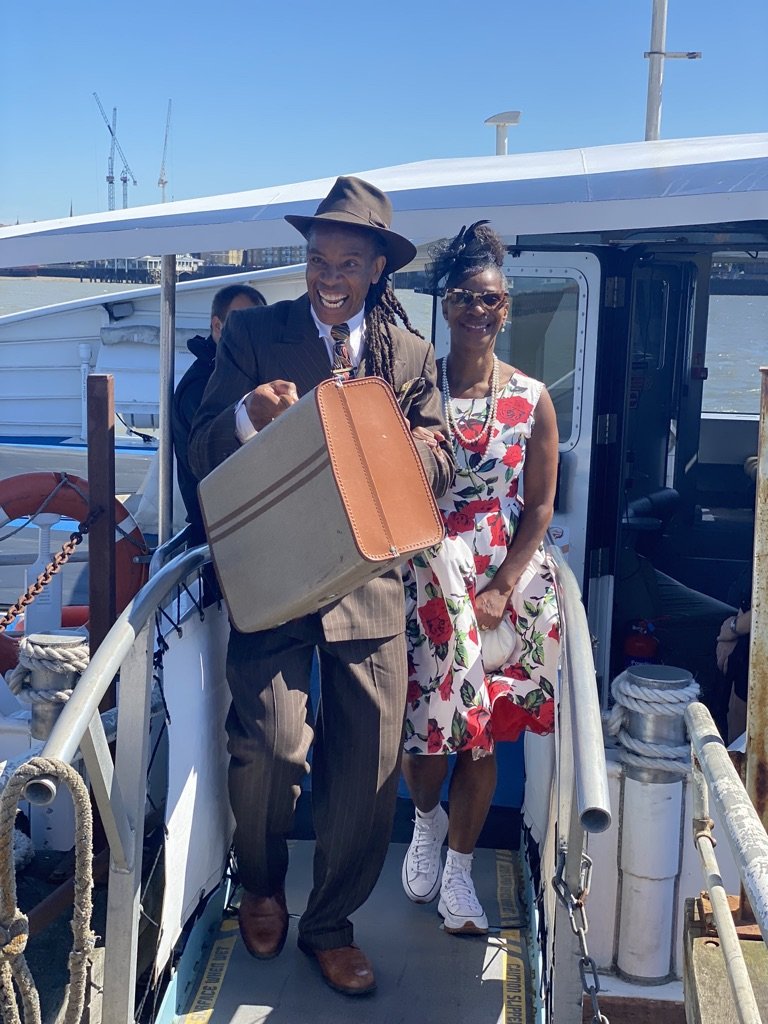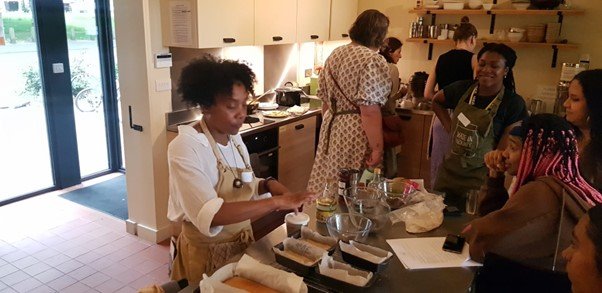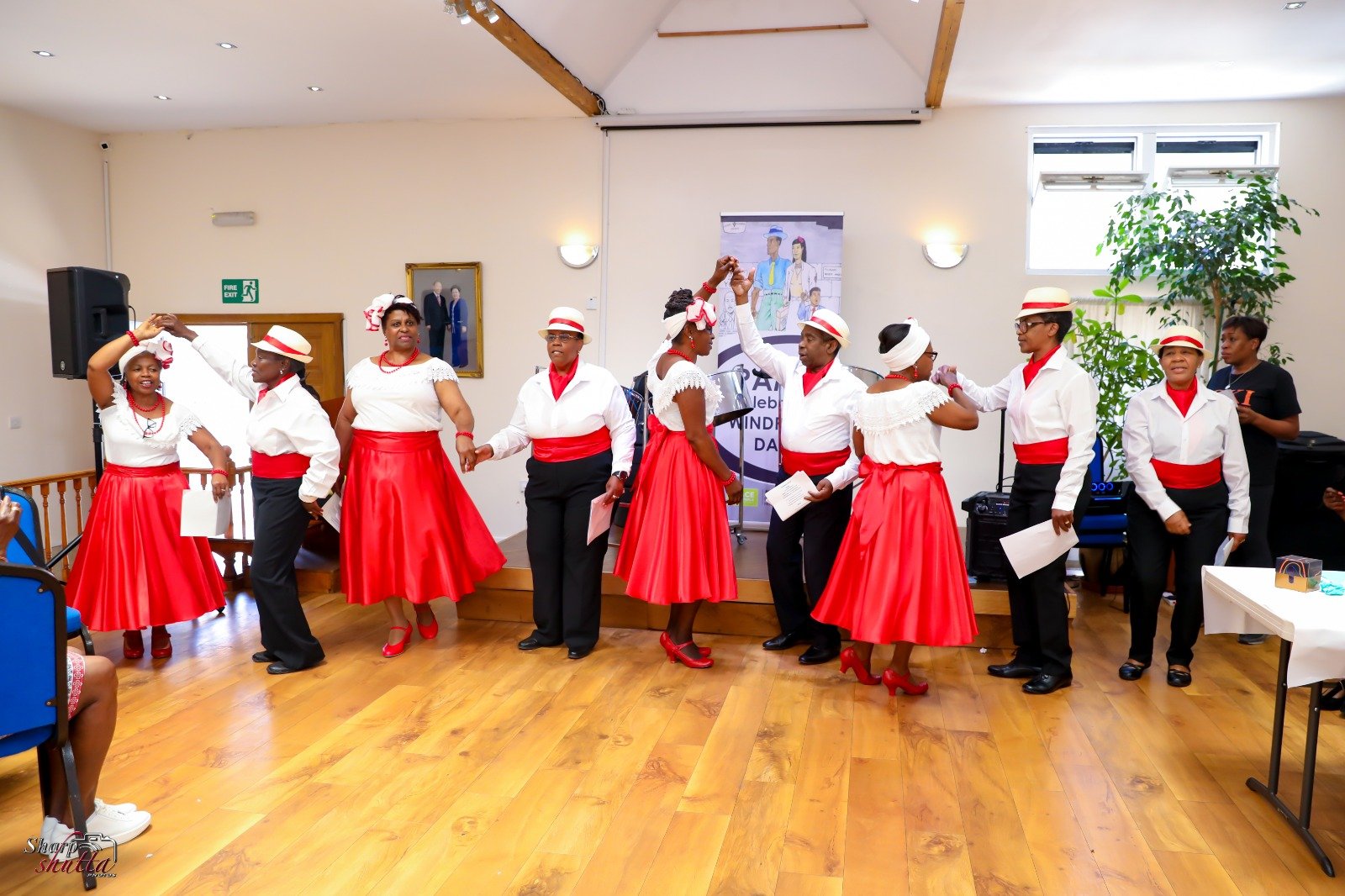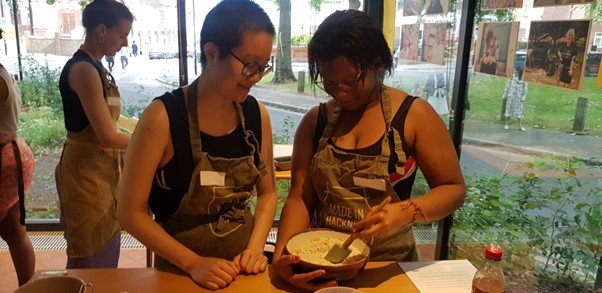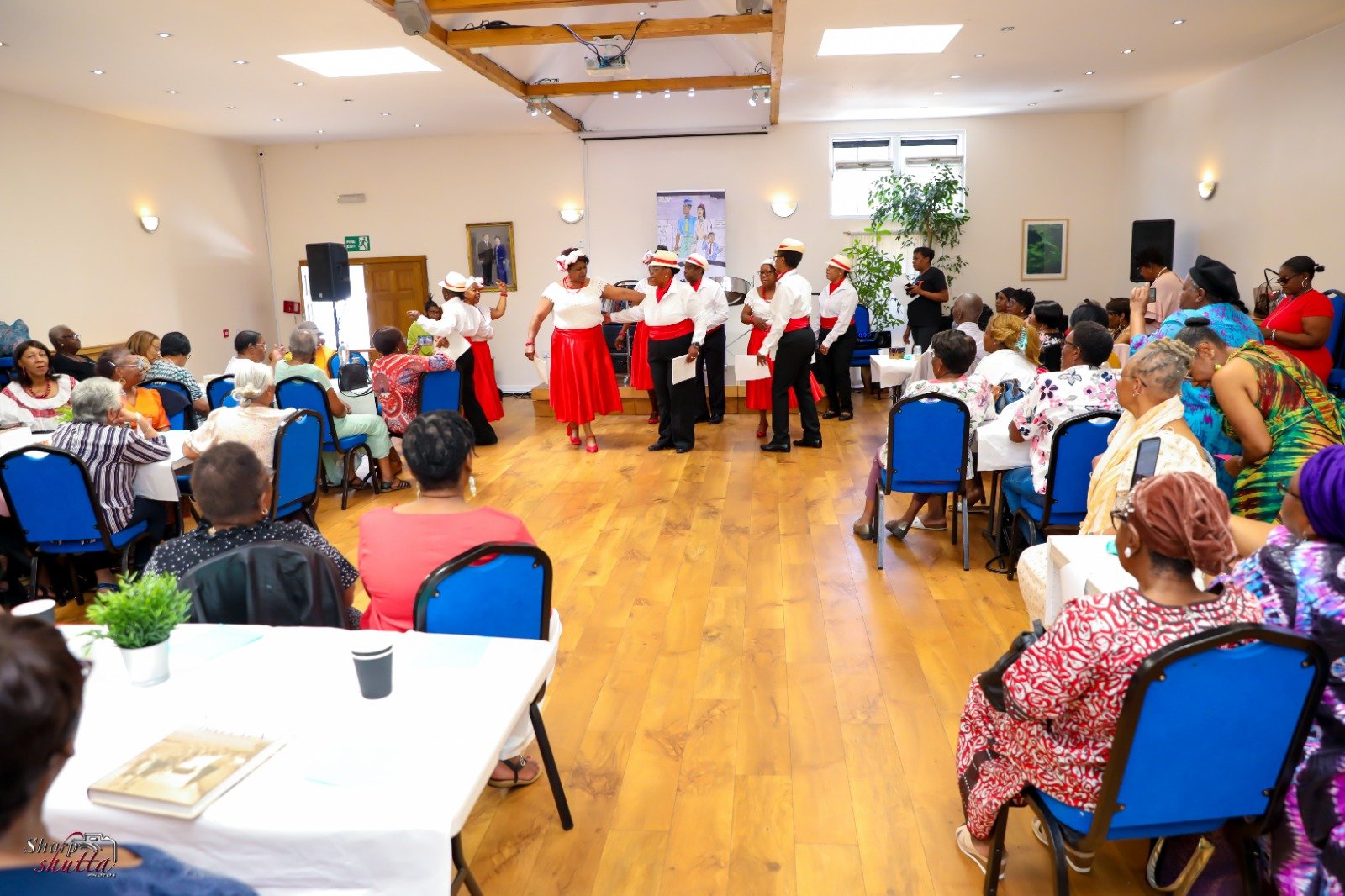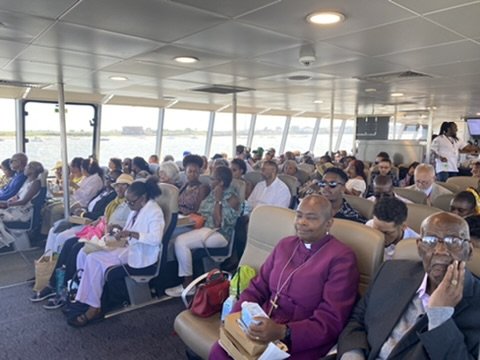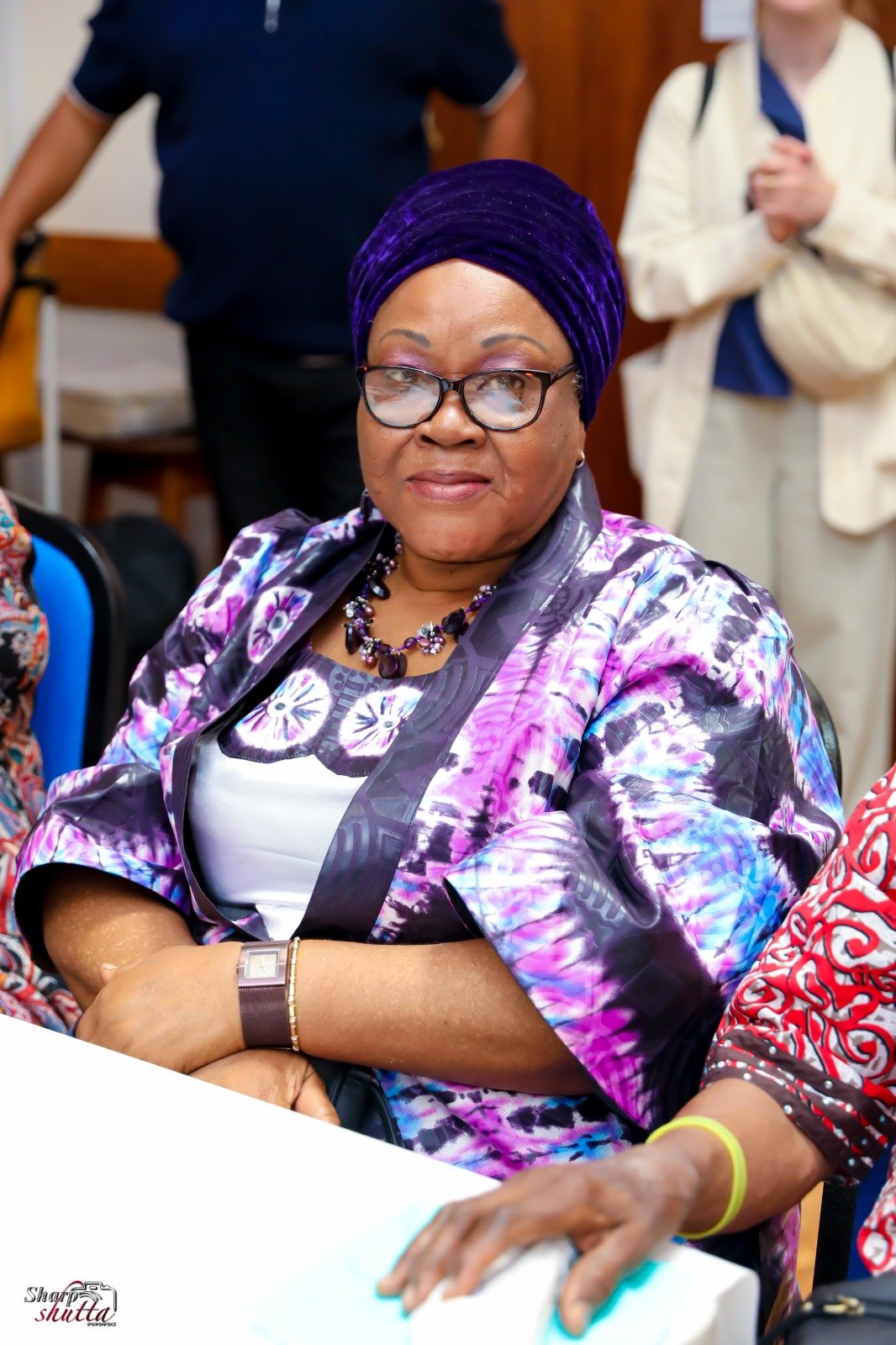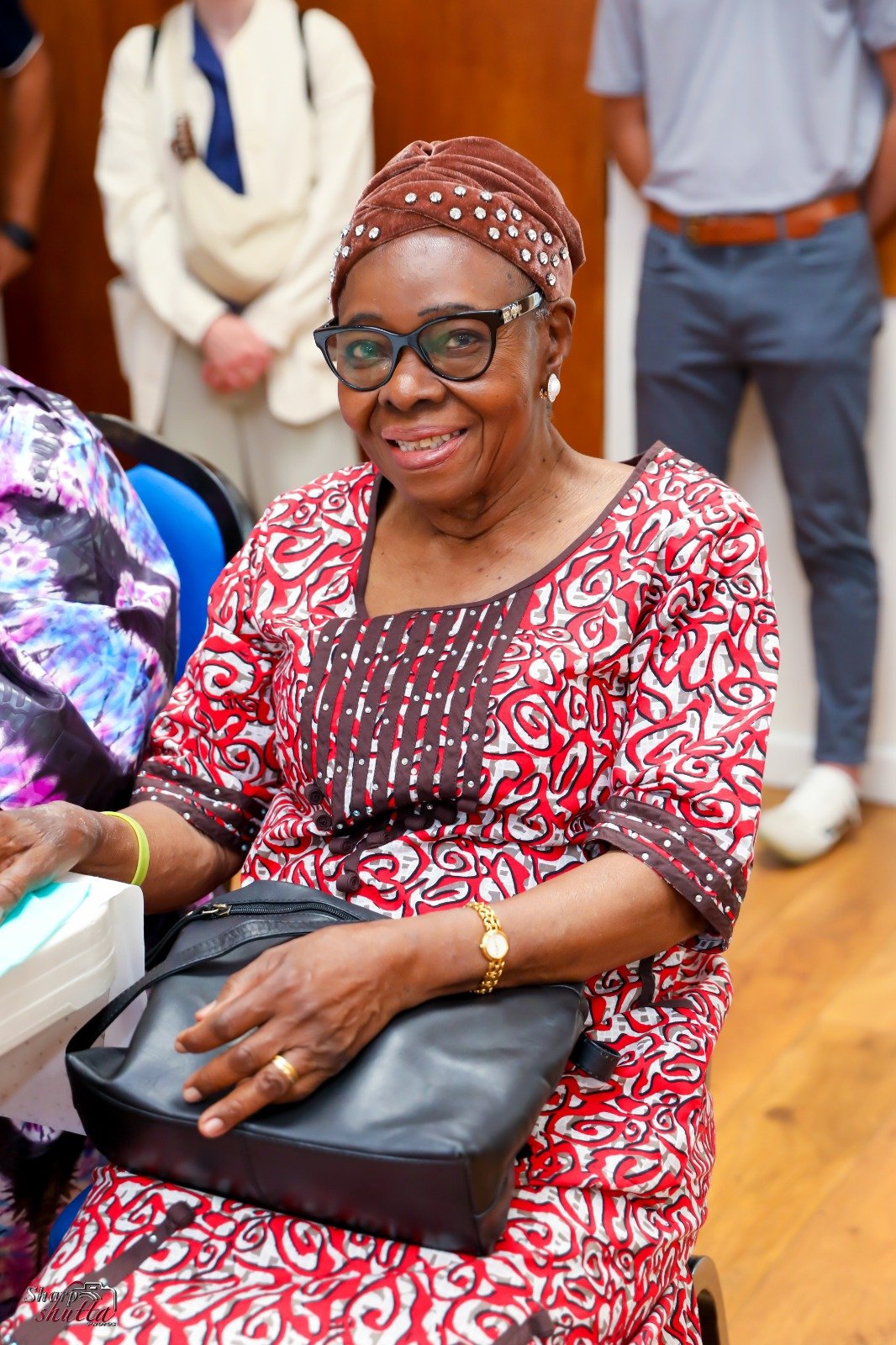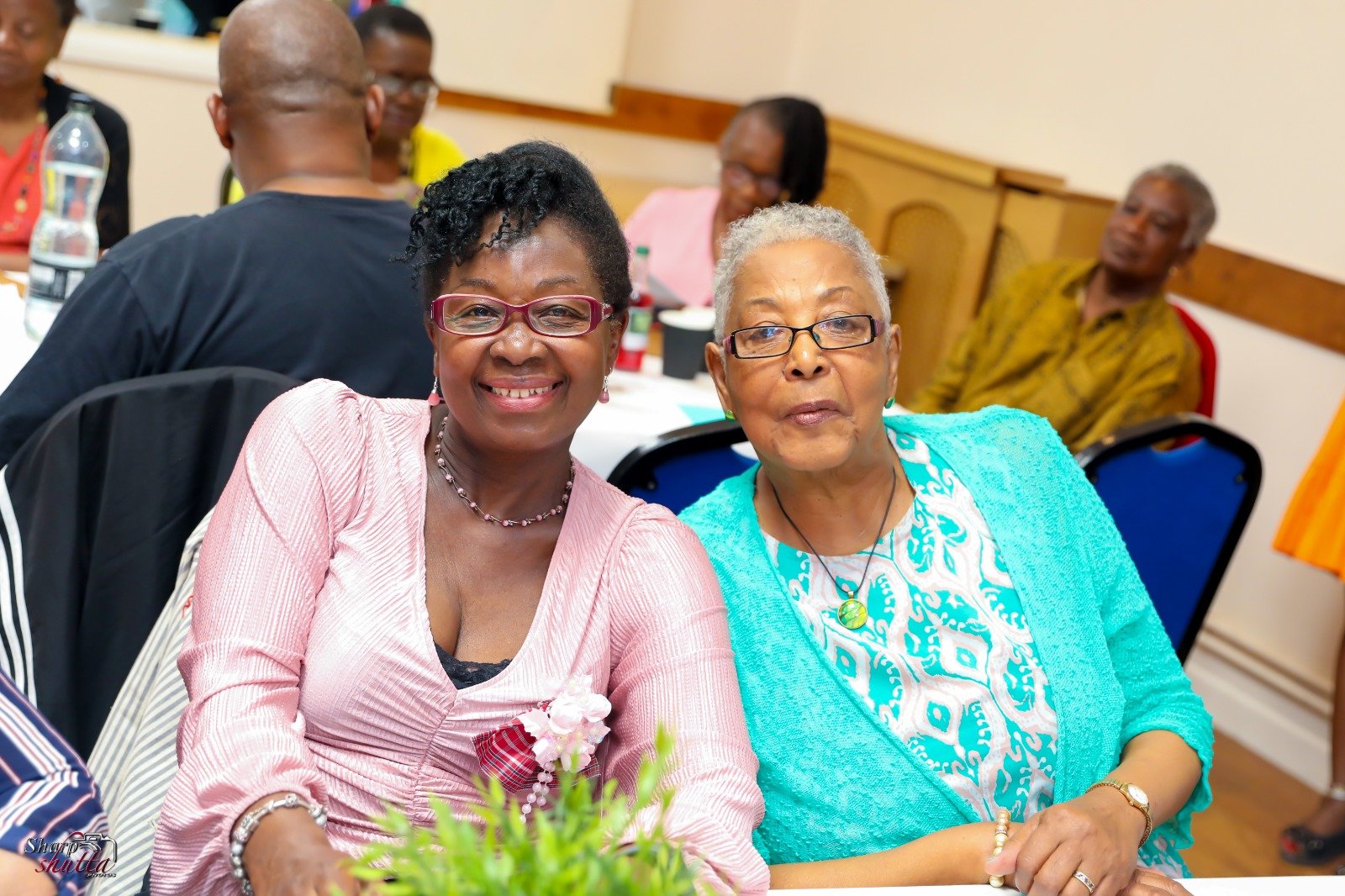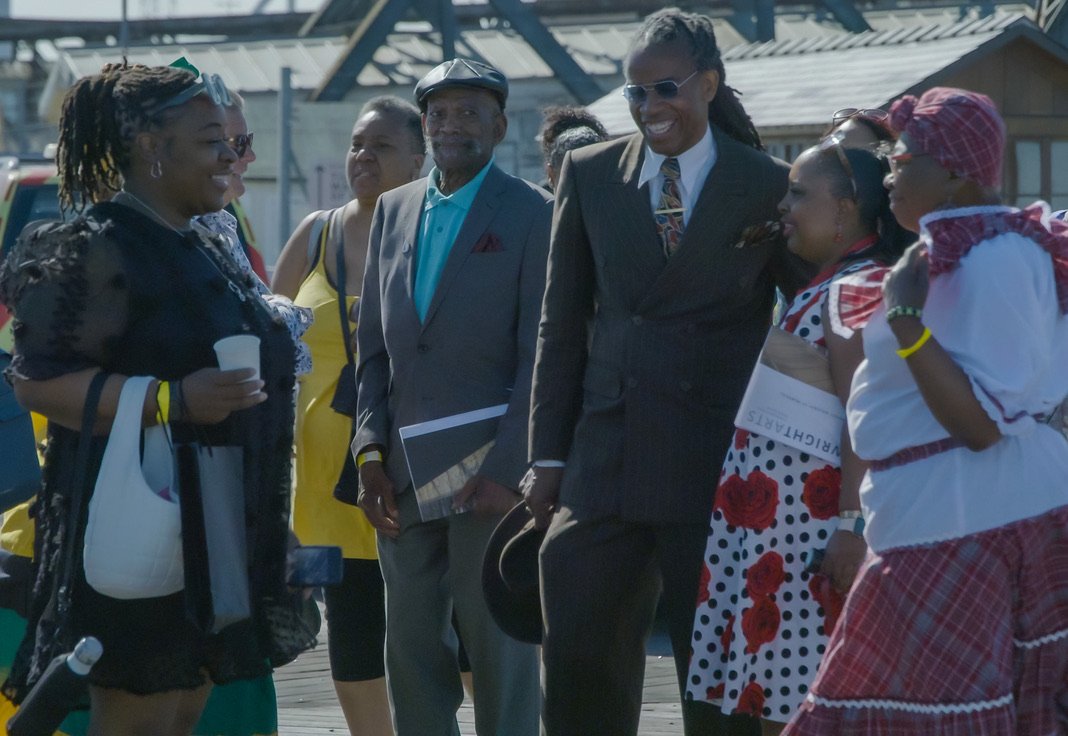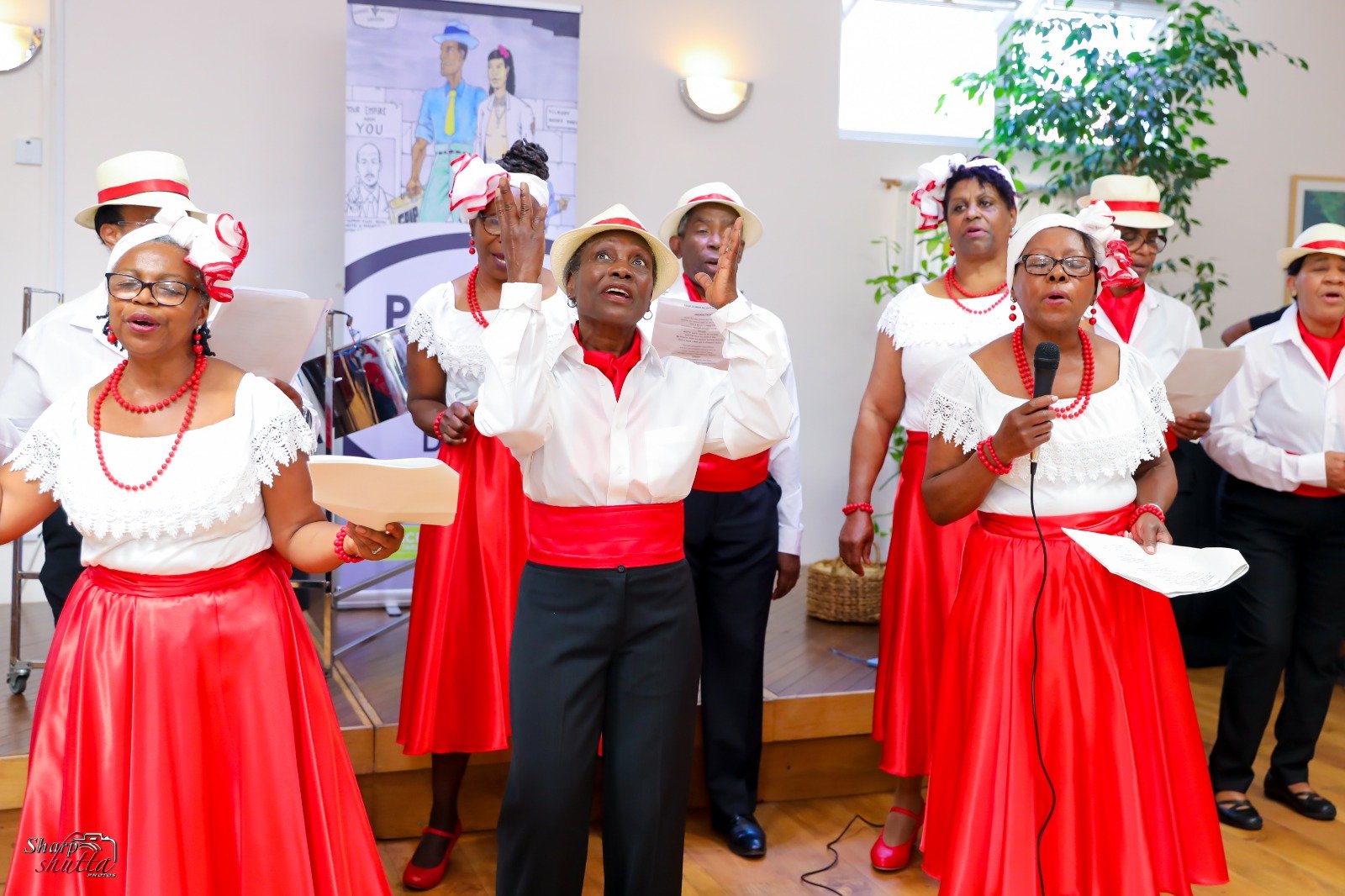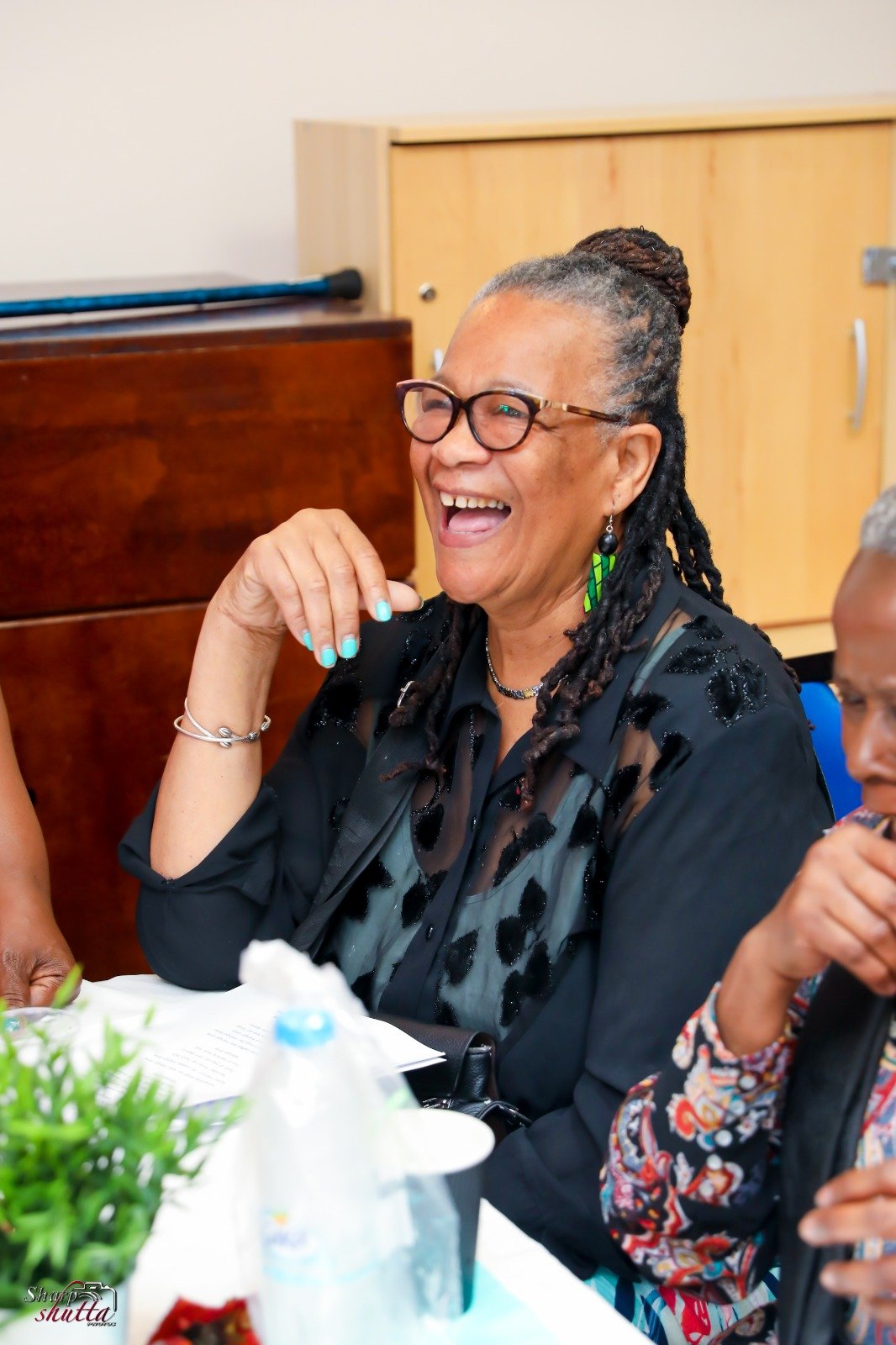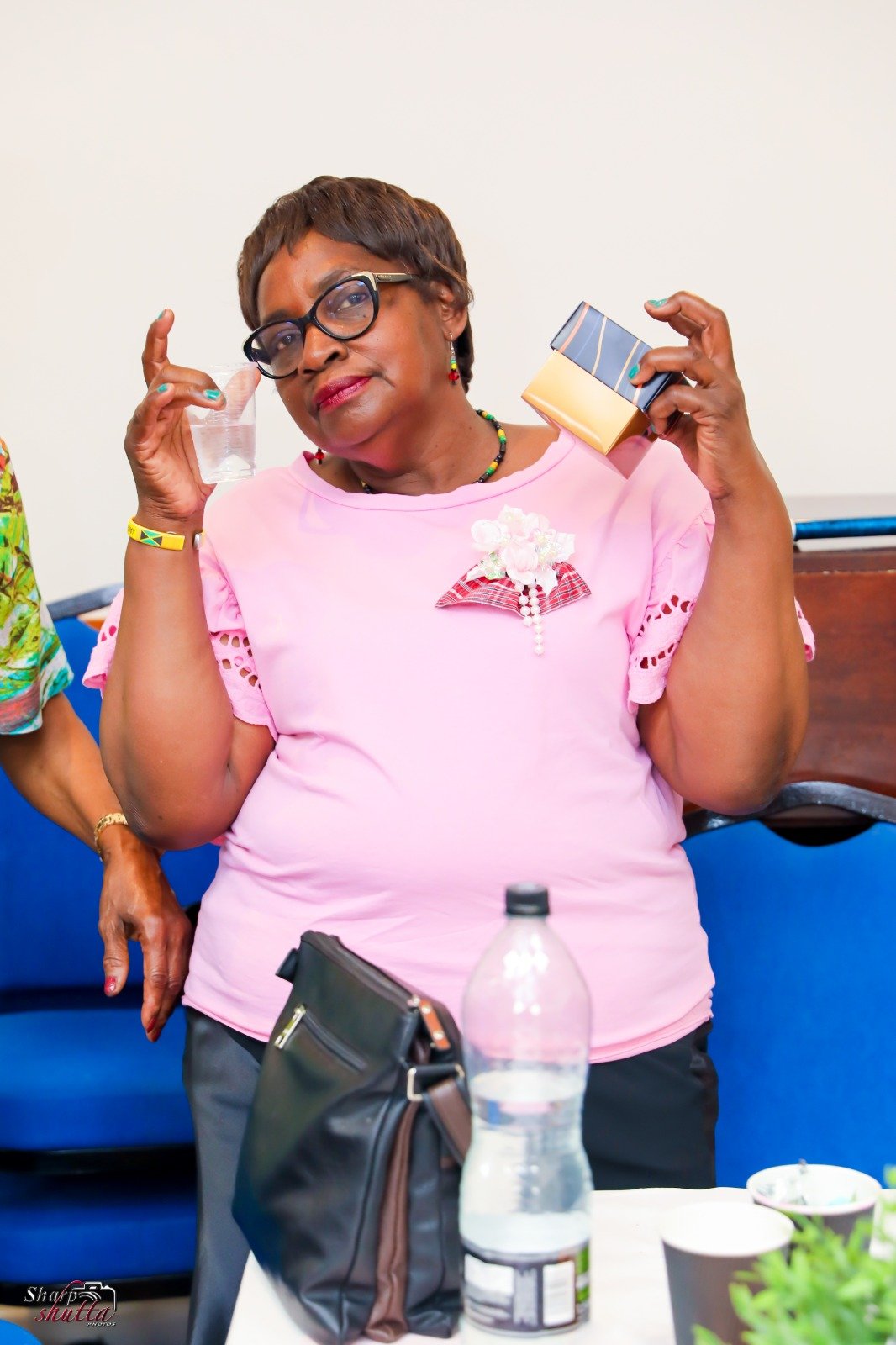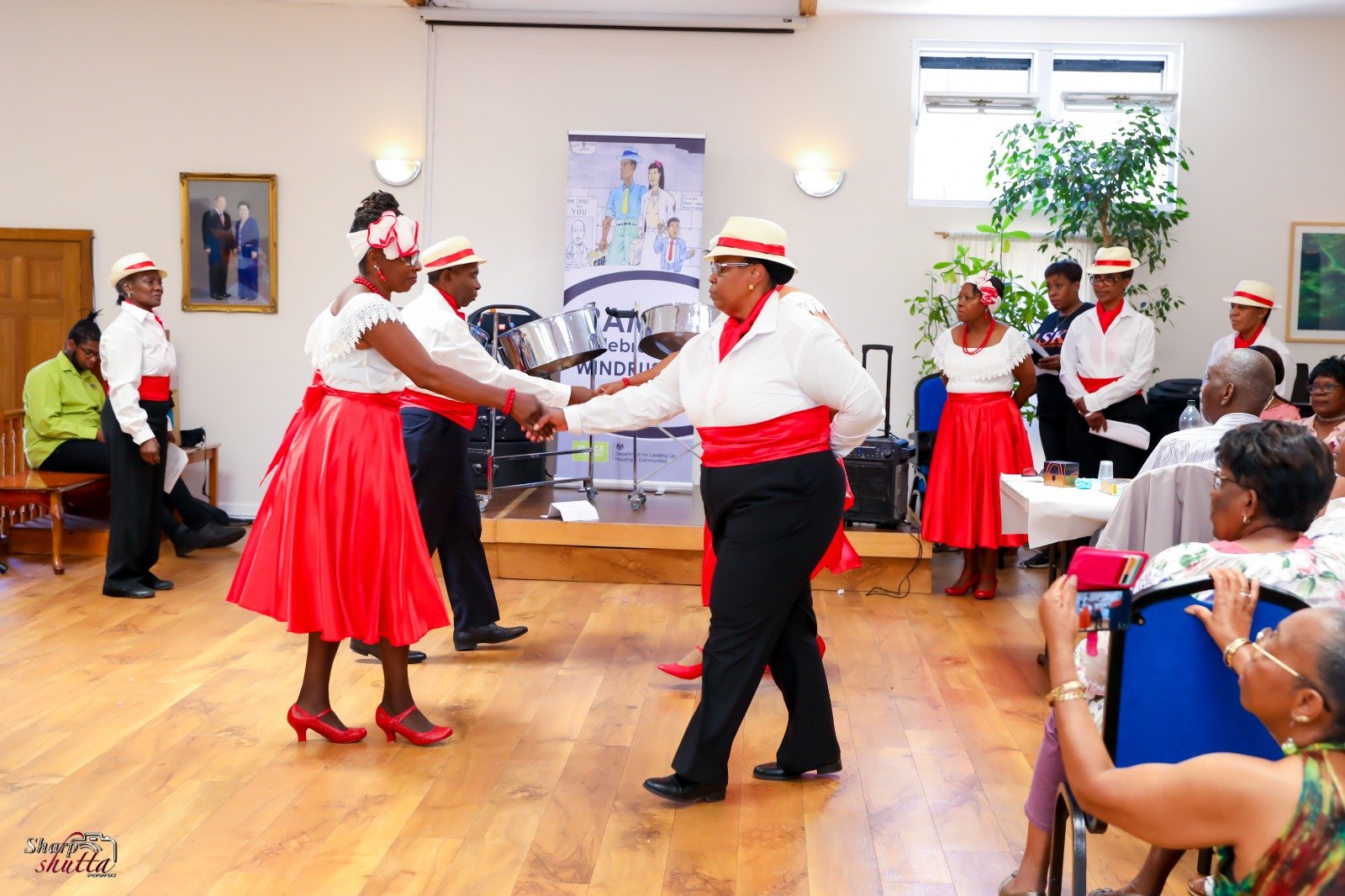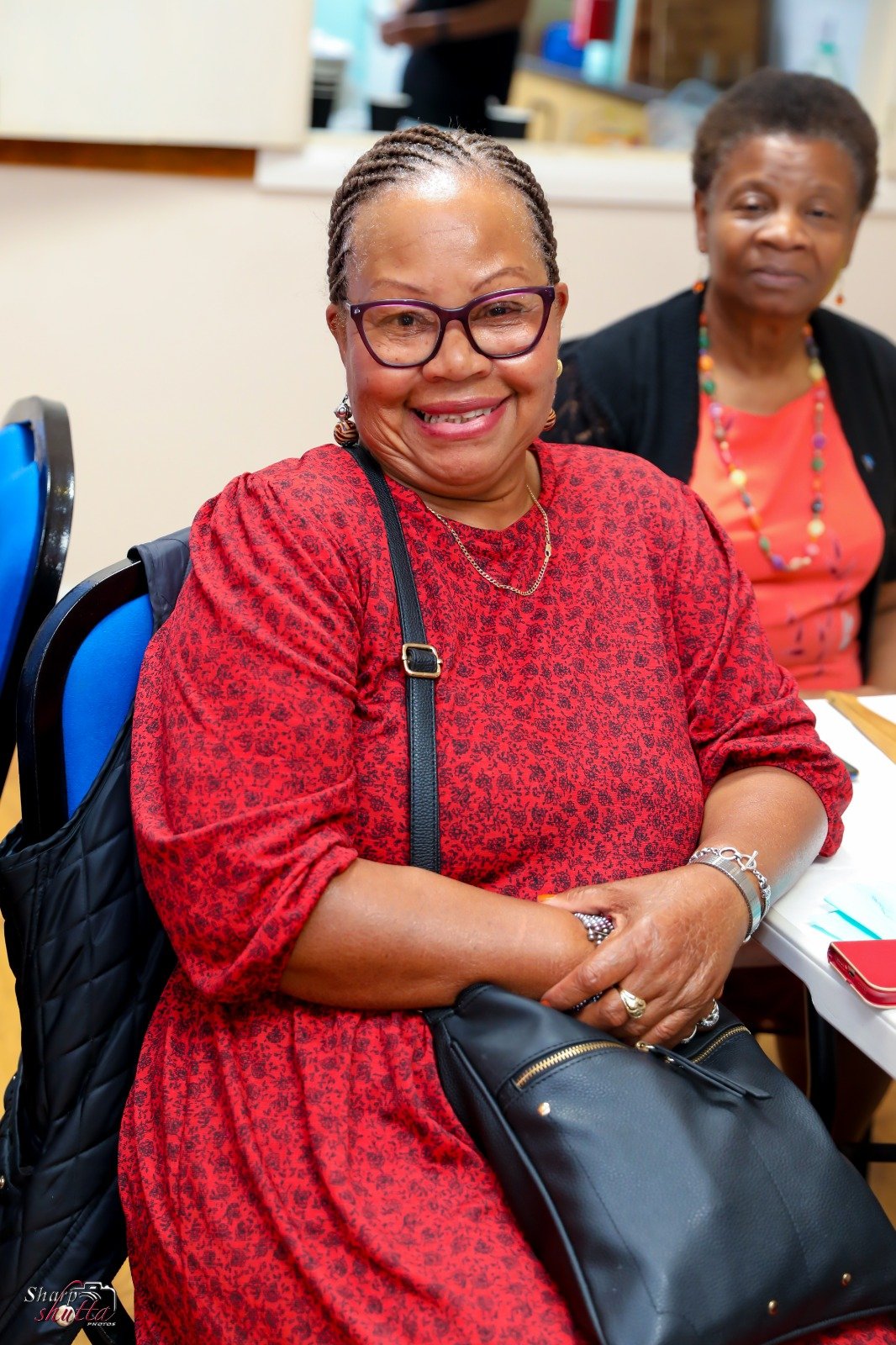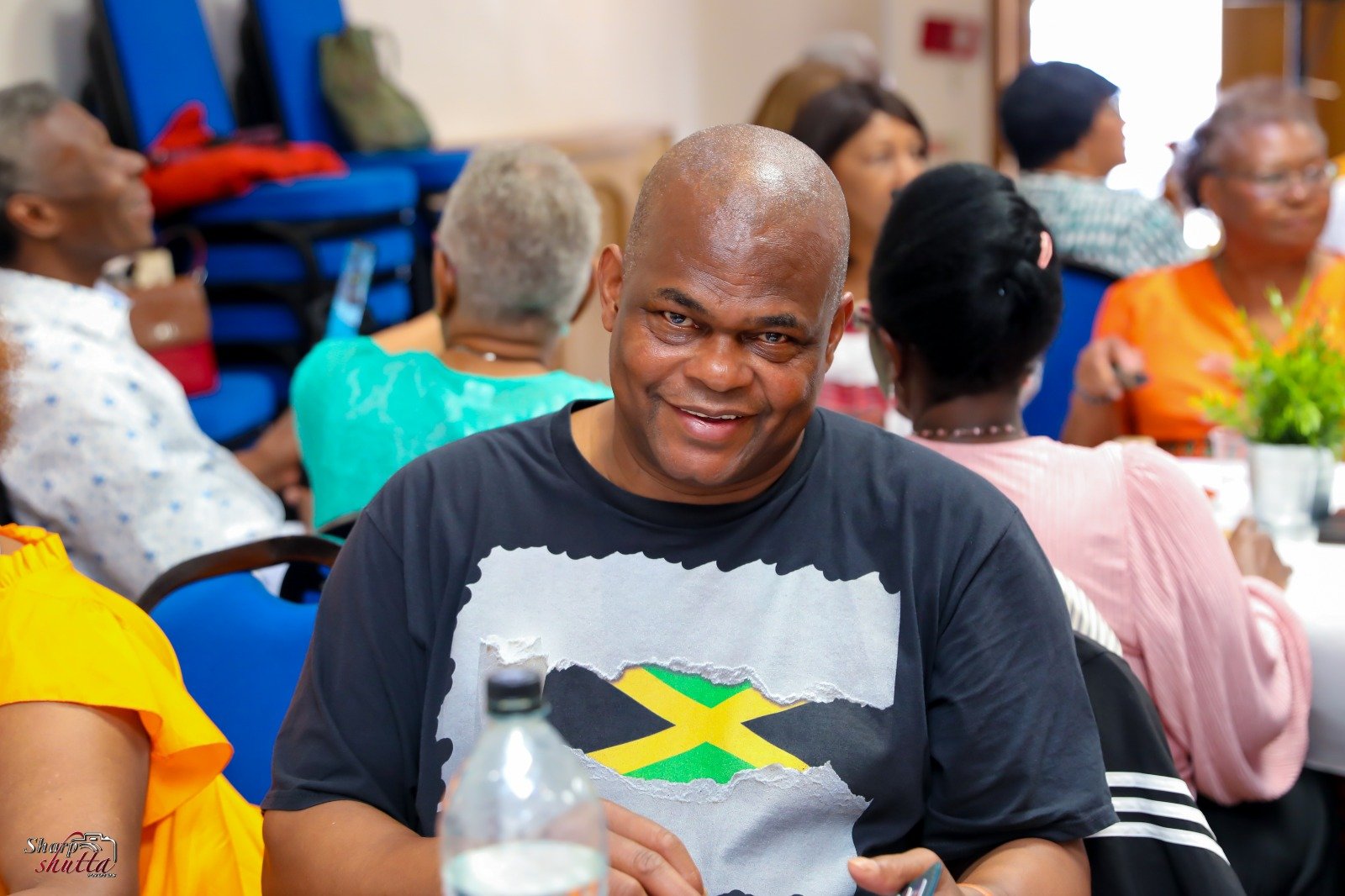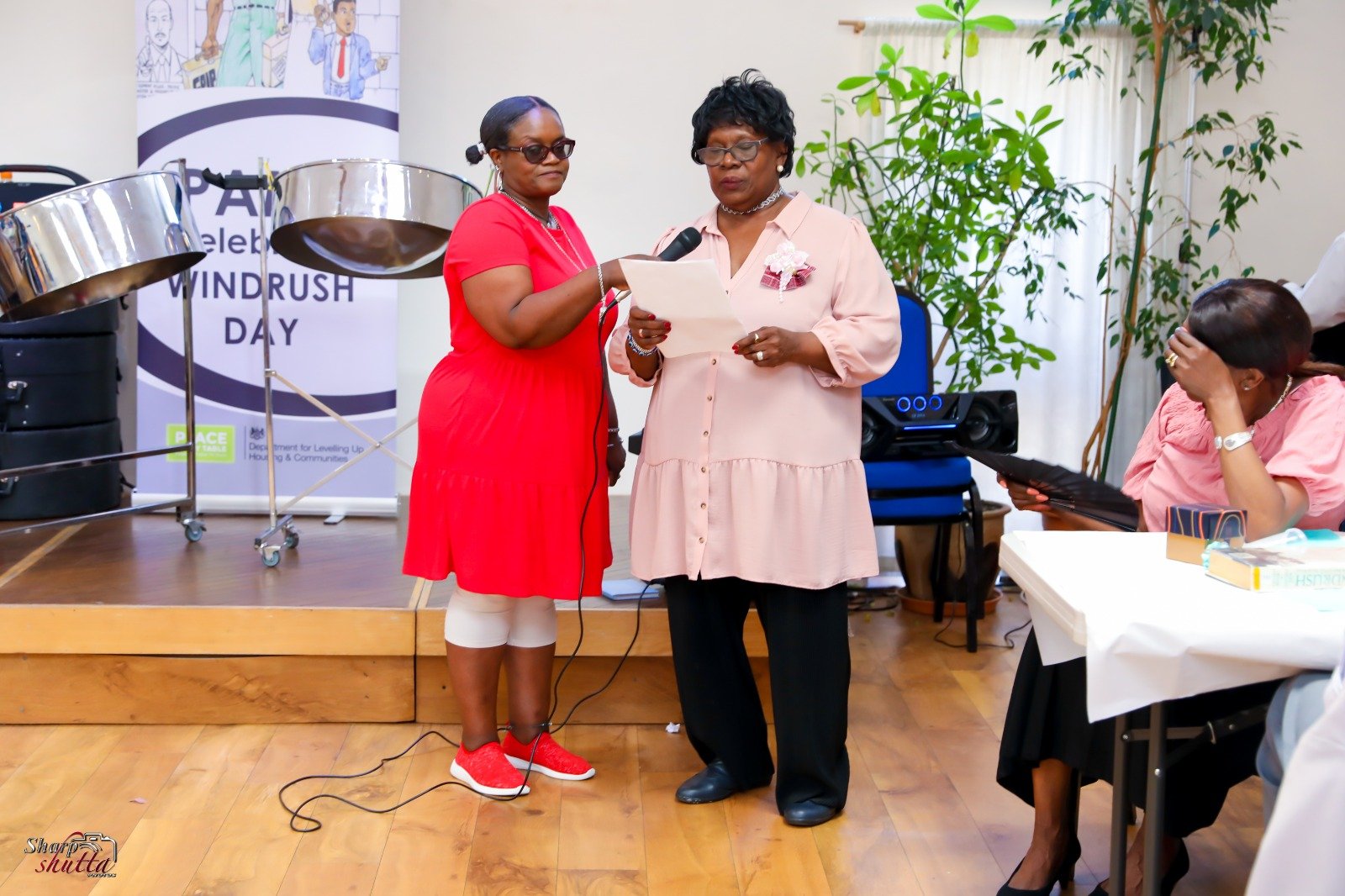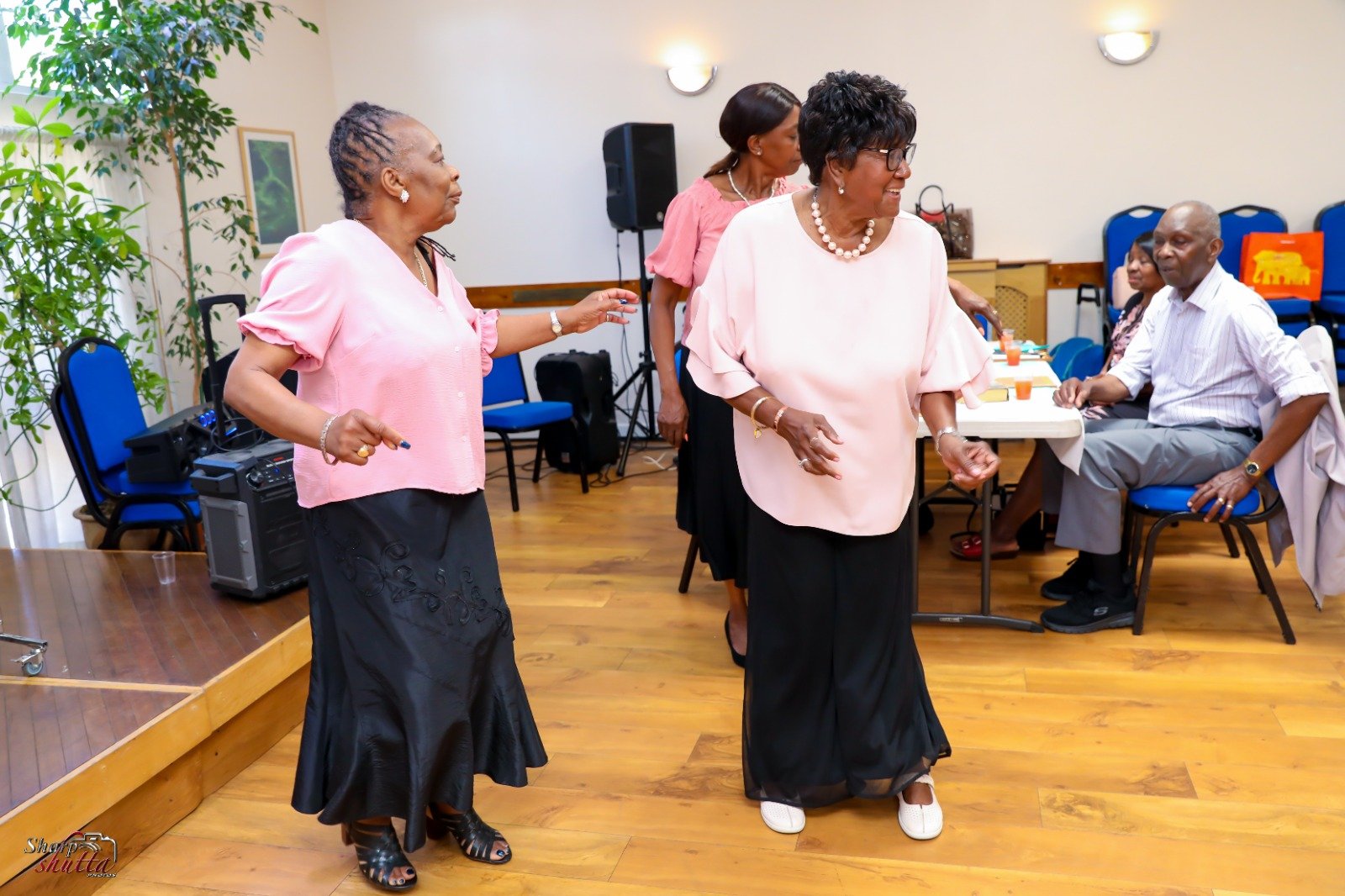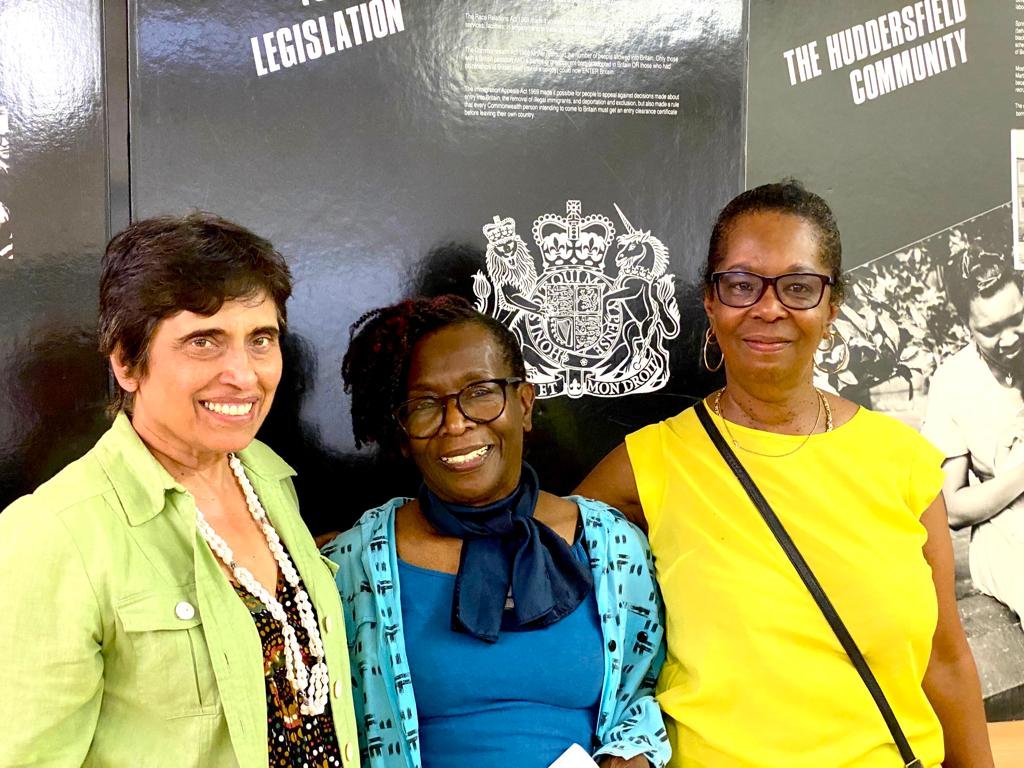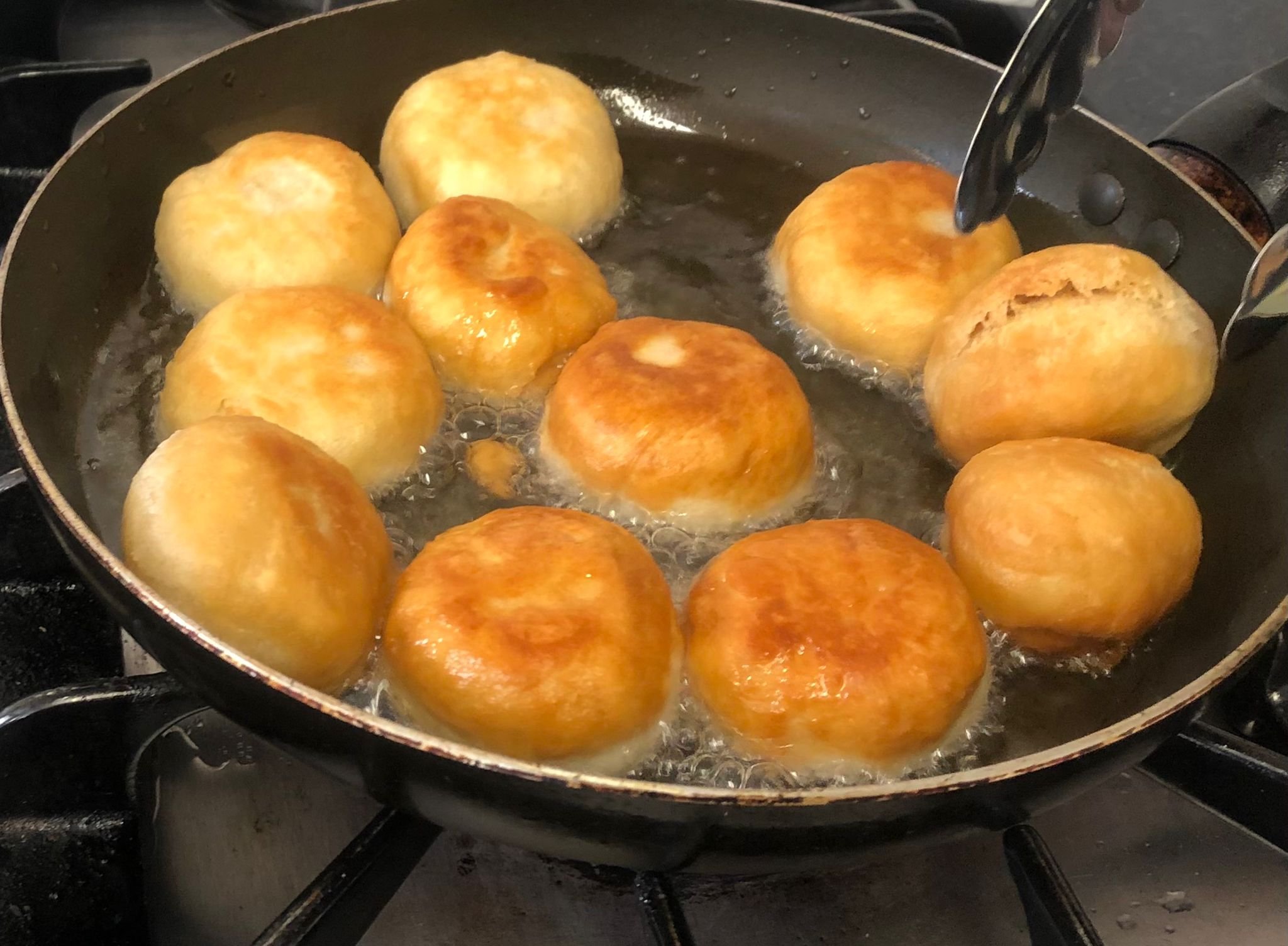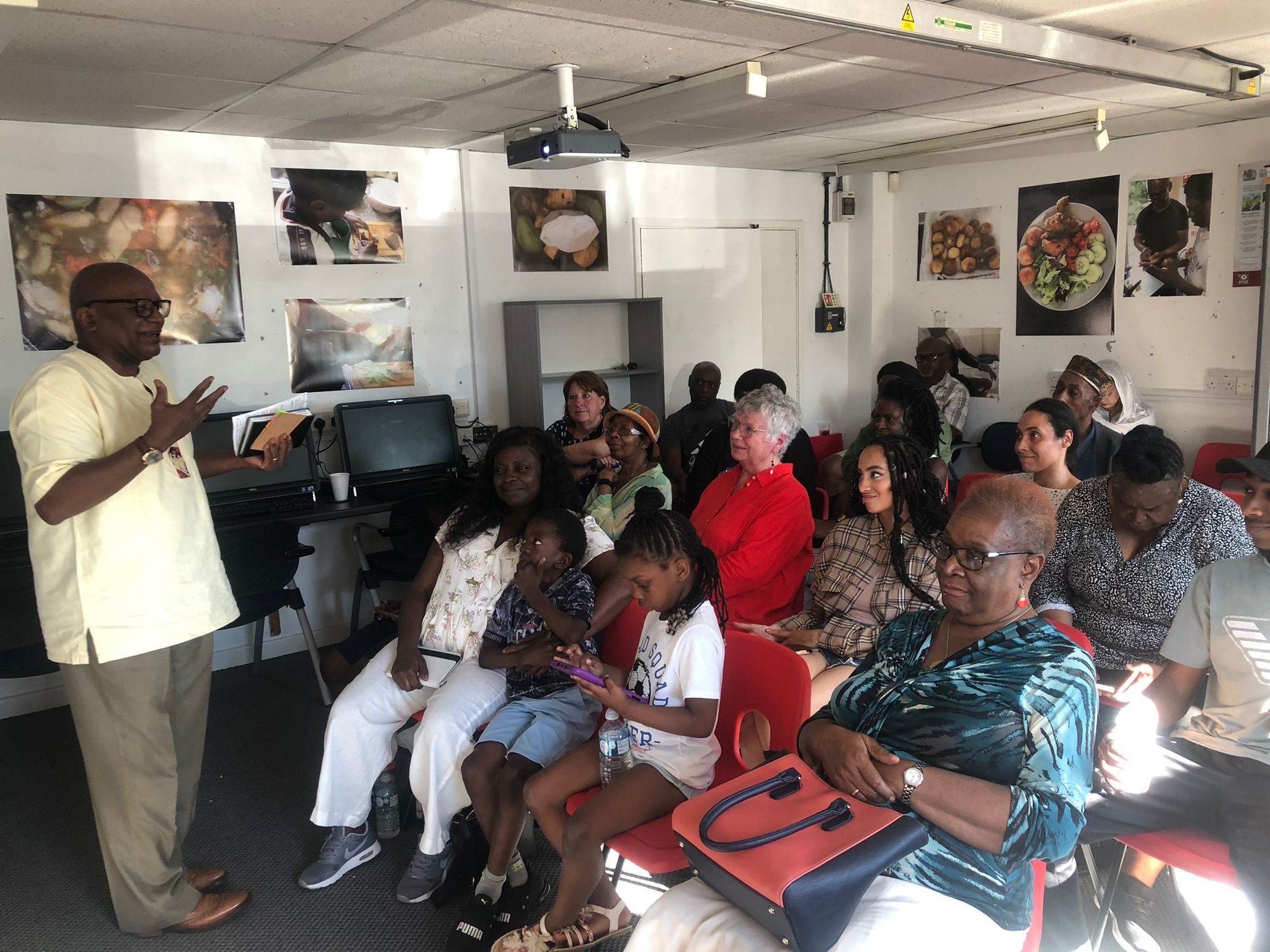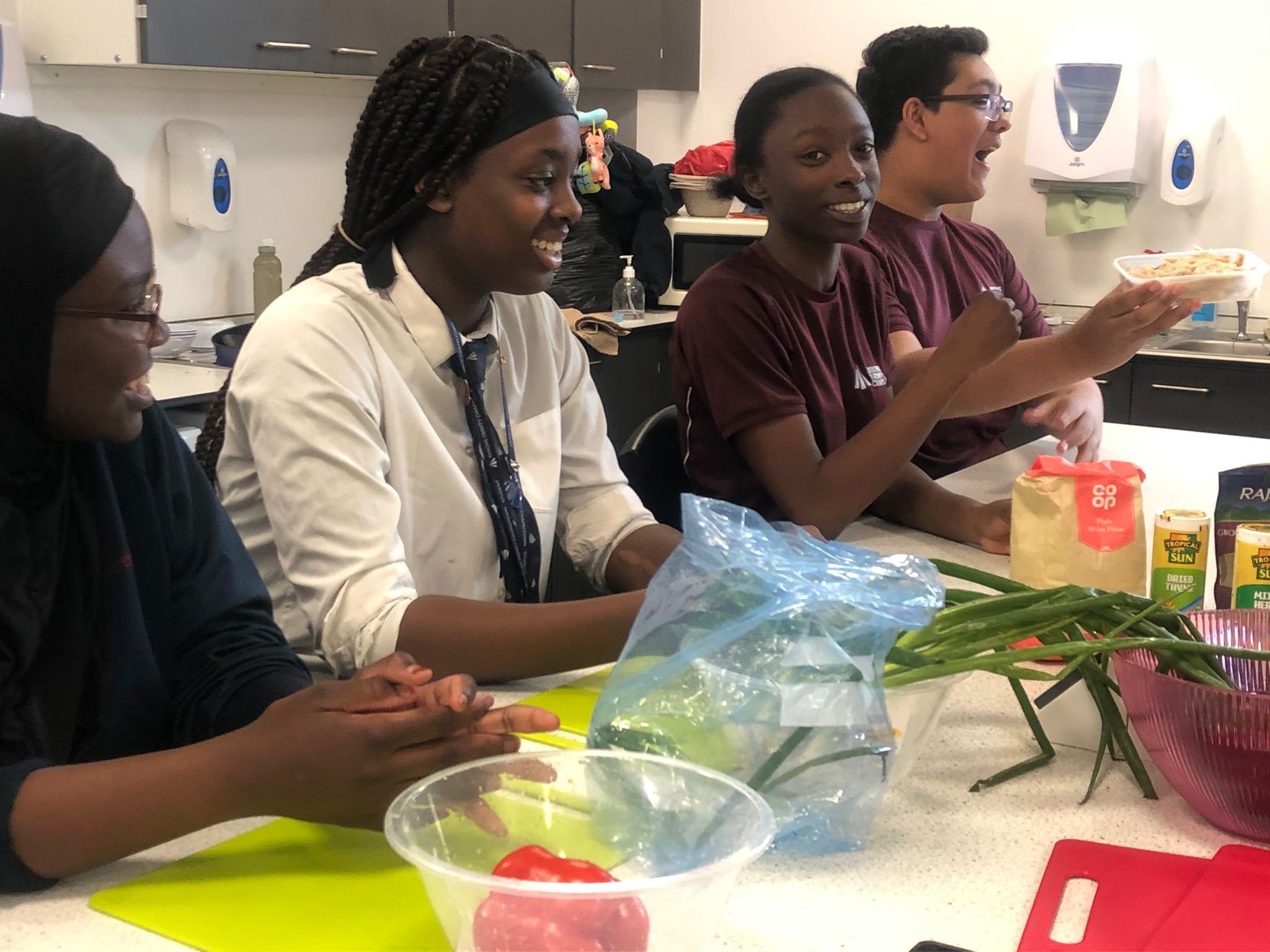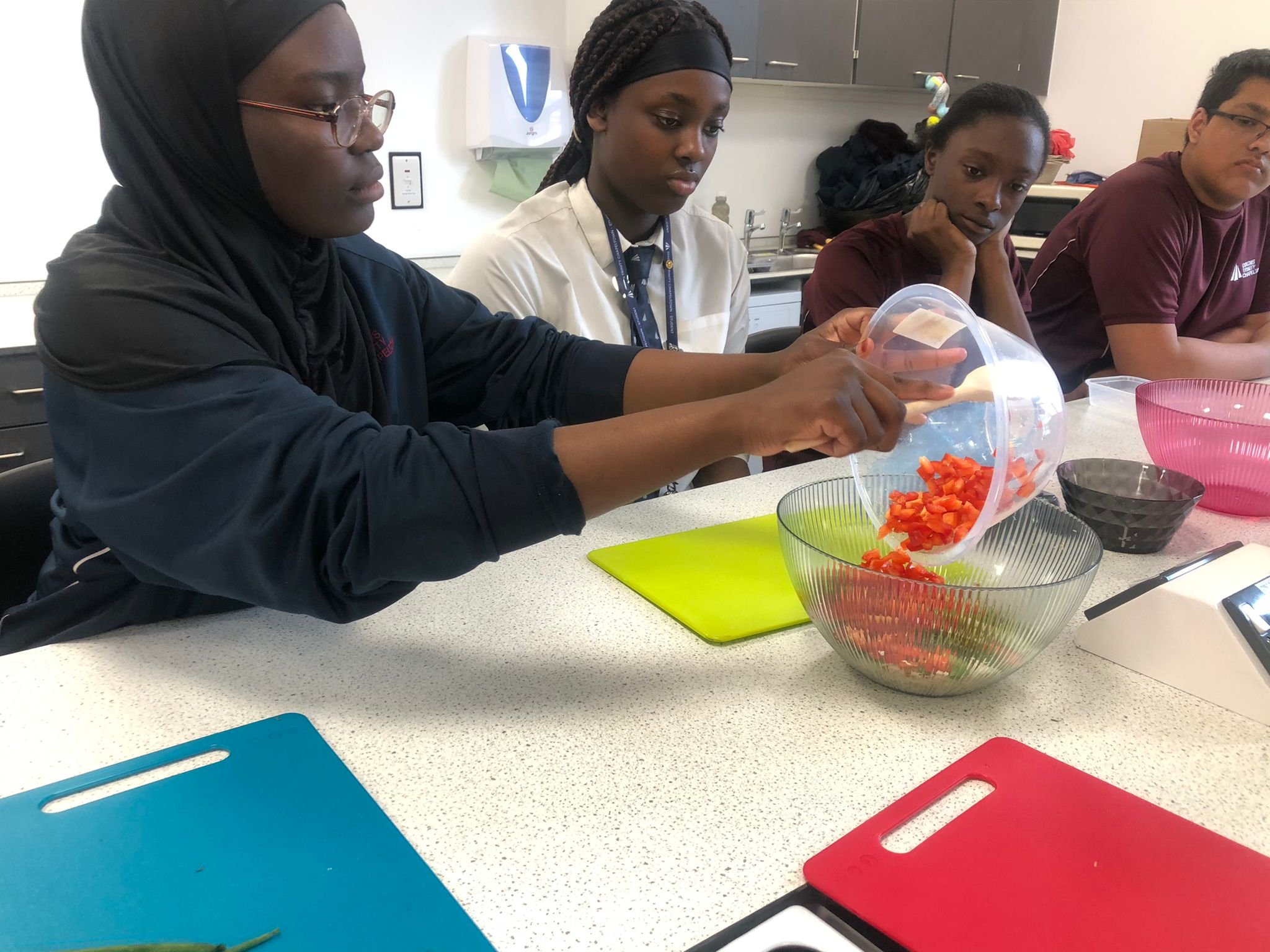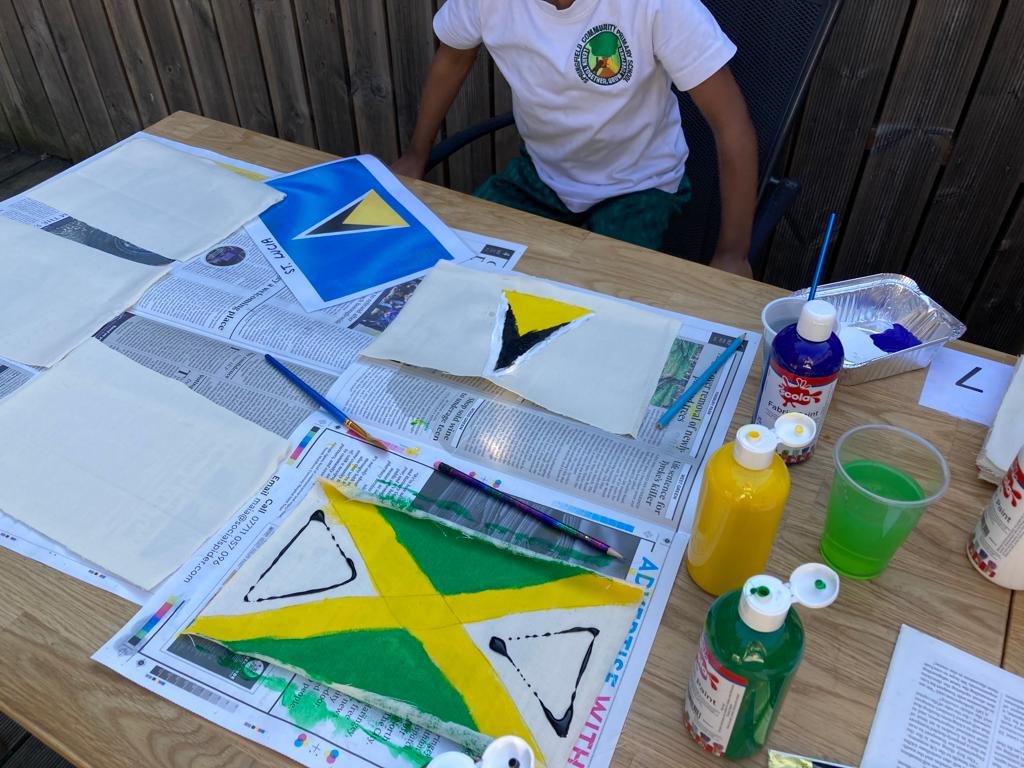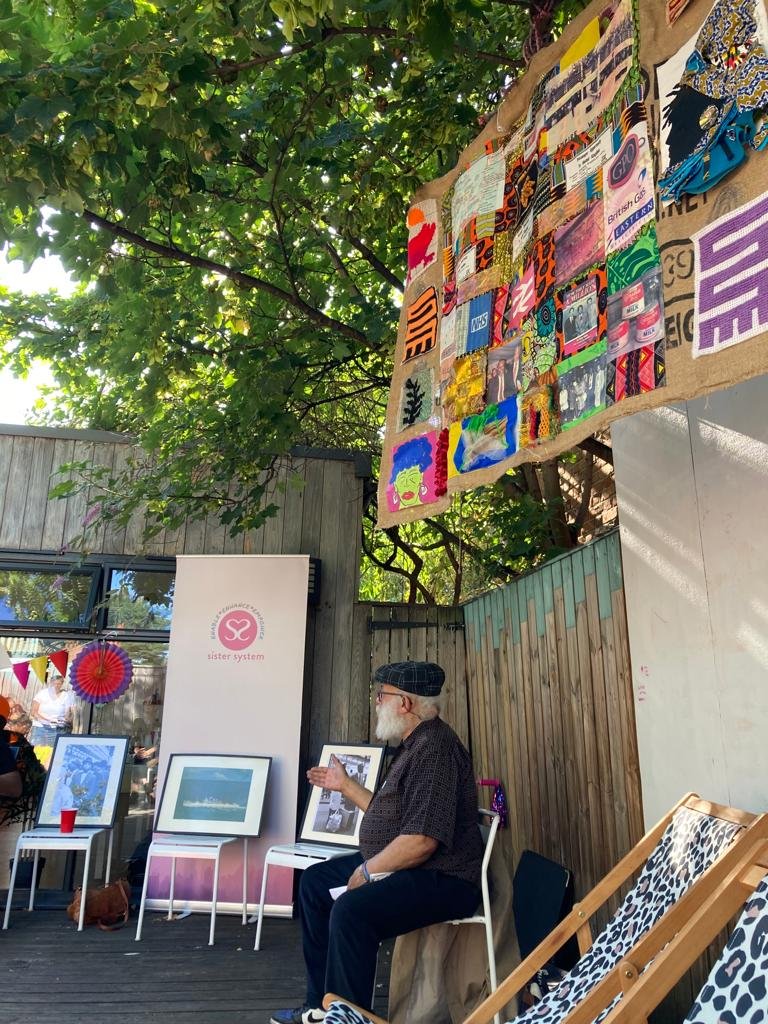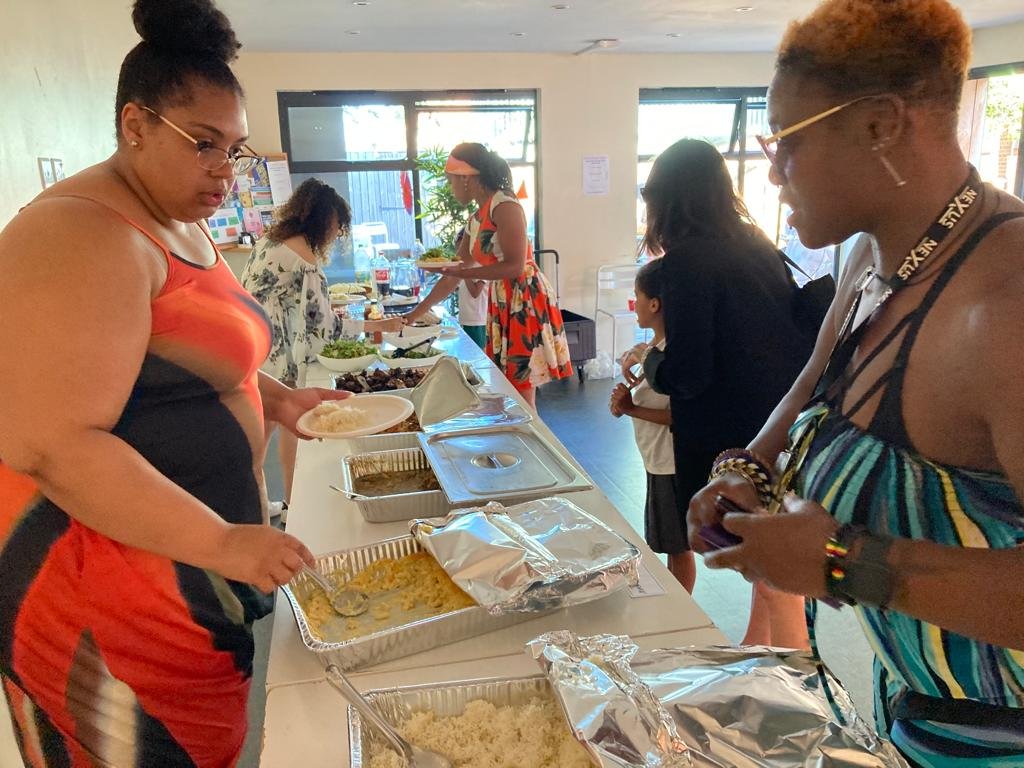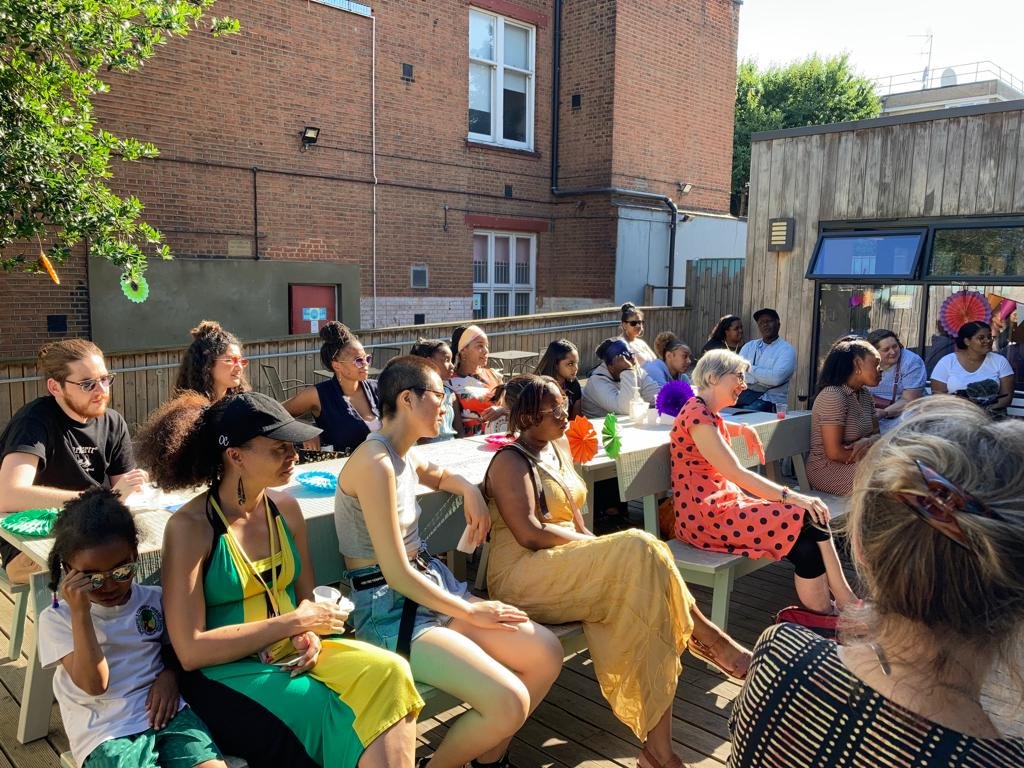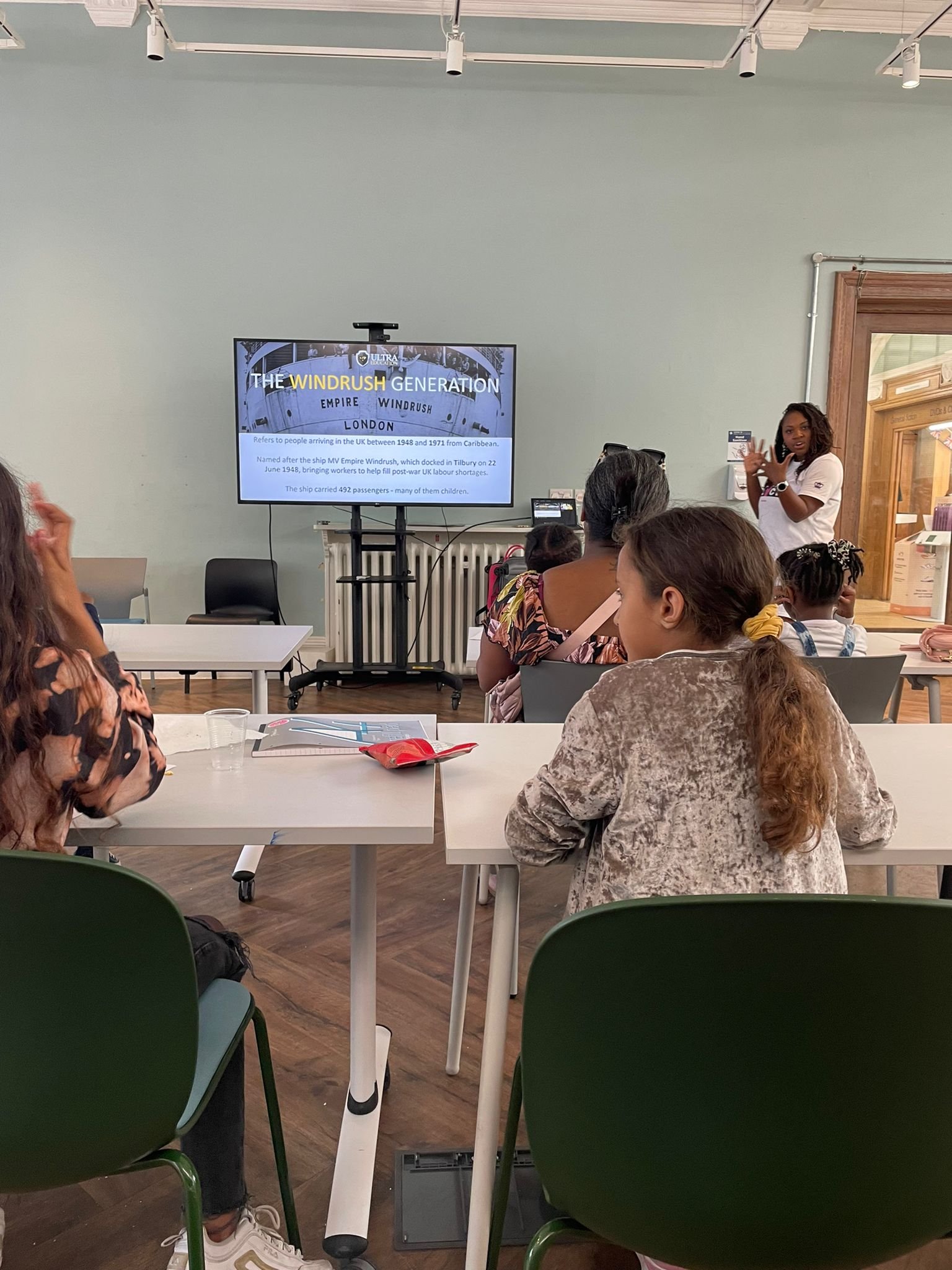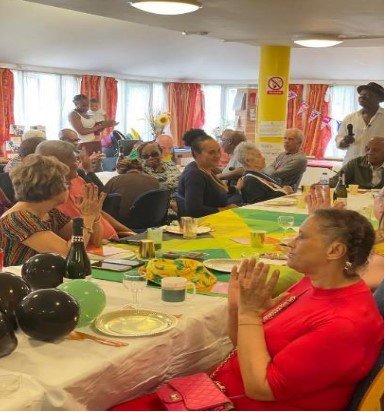Windrush Day Events 2022
Celebrating the Windrush generation and their legacy
On 22nd of June, communities across the country celebrated Windrush Day through big and small events, online and in person.
Near Neighbours teamed up with the Department for Levelling Up, Housing and Communities to distribute Windrush Day Grant Scheme funds between £5,000 and £50,000 to 35 organisations across England.
Sister System organised cookery lessons where care-affected girls and young women took part in Caribbean cooking classes, learning about the history of food of their ancestors, and the incredible impact that Afro-Caribbean food has had on wider British society.
We caught up with Liam Clipsham (LC) from Harrow Club, BEVALI Mckenzie (BM) from code 1 Community Group, and Michelle Welch (MW) from The Huddersfield African Caribbean Cultural Trust to find out more about their work and involvement in the windrush Day events
What changes in behaviour or knowledge did you observe during our events? Any particularly rewarding moments?
BM: Our Homes for Haringey with Tony Fairweather talk and show was joyous. In attendance was Cllr Anne Stennett (her parents Bill and Bridie shared stories). Cllr John Bevan, Cllr Dana Carlin, as well as the young children from Haringey Learning Partnership (HLP). Author Tony Fairweather spoke about his book, 28 shillings and 10 pounds, and Miss Florence did her comedy. The residents enjoyed the Caribbean buffet, which was served to them by the young people from HLP. During the lunch the young people asked questions of the residents and we had an improv Q&A. One of the young girls, ‘Ocean’, from HLP, was brought up in Jamaica and she told everyone that “she had never heard of the Windrush”. It made us realise that it is more Black British history than a Caribbean one. There was a greater understanding about the struggles that Britain imposed on the Windrush Generation when they left their homes and arrived here.
LC: The older members of the community were very touched that we had the resources and put in ‘the effort’ to arrange something for them and the wider community were also happy that an event was put on with activities, refreshments and food for all ages. It is a nice thing to do and certainly encouraged people from different backgrounds and ages to mix together. A particularly touching moment was some young children (under 7) from the local community mixing with newly arrived Afghan young people and playing together on the inflatables at the cricket day event.
MW: We had a mini performance during the Windrush Day, during which the music teacher handed out different instruments to all the younger children who were so excited by them and started shaking and banging them. So whilst we were mingling and having food, a few children came over and asked if they could have a little turn on the pan. The teacher, Victoria, with help from another lady ended up teaching the kids a little tune in space of about 20 minutes and said that the children have learnt a piece and want to showcase that for all. One of the girls who was part of the little mini music presentation, her mum was a player in the North Star Steel Orchestra (whose dad was one of the founders of the group), said that she felt her daughter has got it in her to become a pannist, and talked about how over the summer she will dig her old pans out from the garage or basement and bring them into the house. As she’s never really brought the pans into the house for her children. Organising events such as these always require a lot of hard work and time, so those type of stories make it all really worthwhile. When it comes to music, it sparks a light in somebody and it was lovely to see those kids to see that they were joining in and being part of the event in their own right.
Why is your organisation best placed to bring your community together to celebrate Windrush?
LC: North Kensington, especially the Notting Dale and Ladbroke Grove areas attracted many Windrush migrants from the 1950’s onward. The Harrow Club have been working with young people from these communities throughout the period over many decades. We are well known across the community and local area, and importantly for this project, across generations. As the Harrow Club has been in the community for so long, we have a rich archive of materials chronicling the history of the club, including the projects down with Windrush children and their families. From this basis and utilising our involvement in the Notting Hill Carnival and other community activities we will stage a planning session over 6 weeks, twice weekly 3-hour sessions, where our young people and elders from the Caribbean community, as well as other interested parents, will work together to plan and deliver an exhibition and drama, dance and music performances celebrating the achievements and influence of the Windrush community in North Kensington.
How do events organised for Windrush Day inform and challenge people and why is that needed?
MW: Windrush day has been a long time coming, and something probably we didn’t know was needed, until it happened. People will talk about the contributions of those generations who have come from the Caribbean and other places during those years and how they contributed to re-building Britain after the war, and helping to re-build certain services like NHS, public transport and other industries where people from the Caribbean had a significant impact and when Caribbean work was particularly very visible. Windrush day events are a reminder about all of those contributions. In Britain for the most part, a lot of the Caribbean culture is embraced, people will talk about carnival, Caribbean food, and music, but I feel those things are very surface level. When people think about Carnival they would often think it’s a big party and you have a drink, dance and have some food and then it’s all over. So having space such as Windrush Day or celebrating Windrush events throughout the year is an opportunity to have conversations that are a little deeper to explore the artistry that goes below and beyond just what is visible. It’s an opportunity to share and remember the contributions of our Windrush elders that go far deeper and are more ingrained in the fabric of British society than what people realise.
Why is it important for younger generations to be involved in the Windrush projects, and how are you getting them involved?
BM: Prior to the lunch the young people in our workshops were very interested in spending time with the older residents. There was respect between the both and it was a safe space for them to share voices. The young people from HLP expressed that they felt they have been silenced and misunderstood by the mainstream school system in many cases, and it was so lovely to see them confidently interacting with the older community. Likewise, the elderly people in our group who previously felt isolated and not heard, shared their stories which brought back many memories of their lives and journeys. It was interesting to have the young people get first-hand knowledge about the Windrush and experience these sharing moments because it sets them up for the future. Some had not spoken to many older people their entire lives.
It is important that we do not lose the lessons and values that elderly people distil on the younger people.
Photos from some of the Windrush Day events
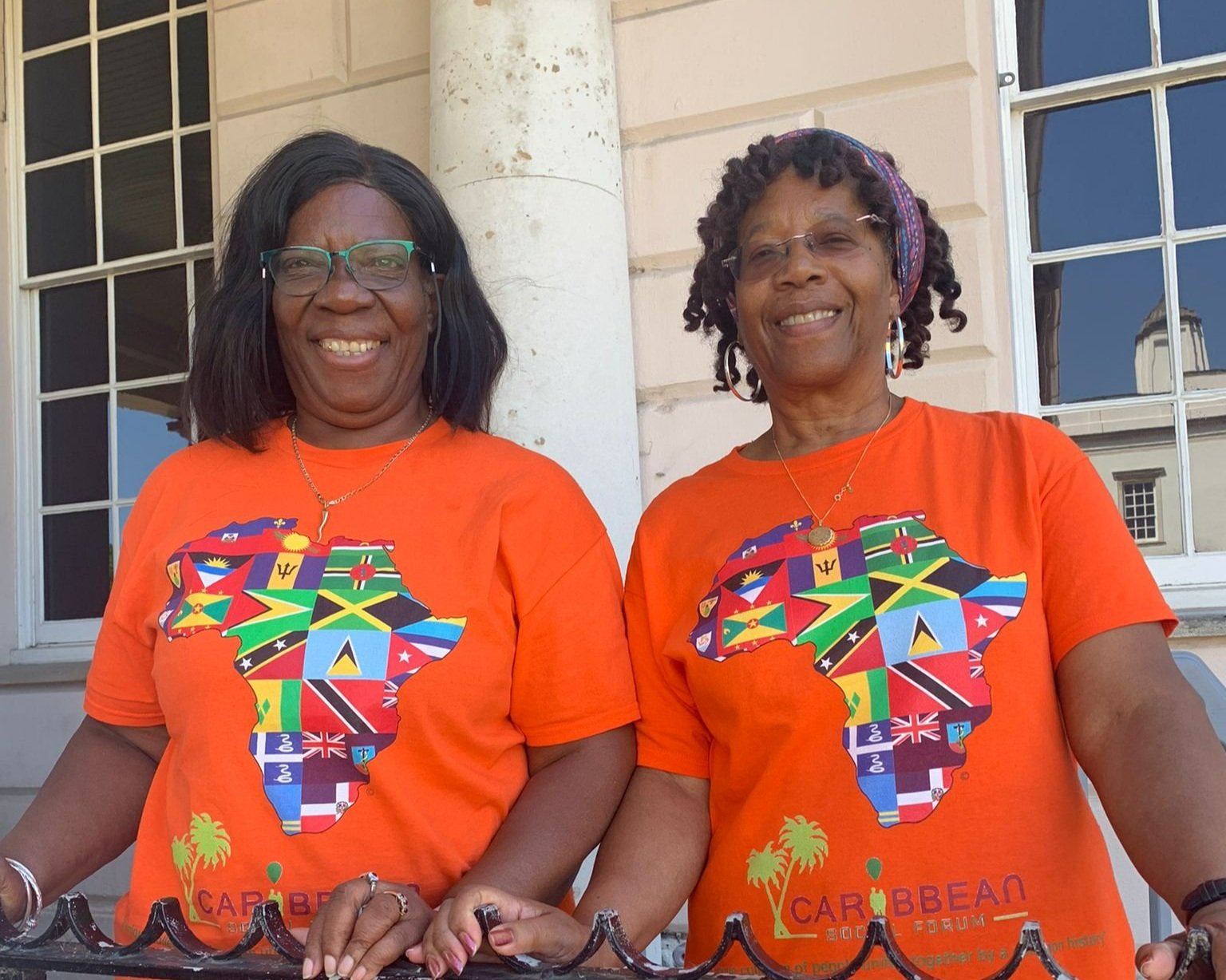
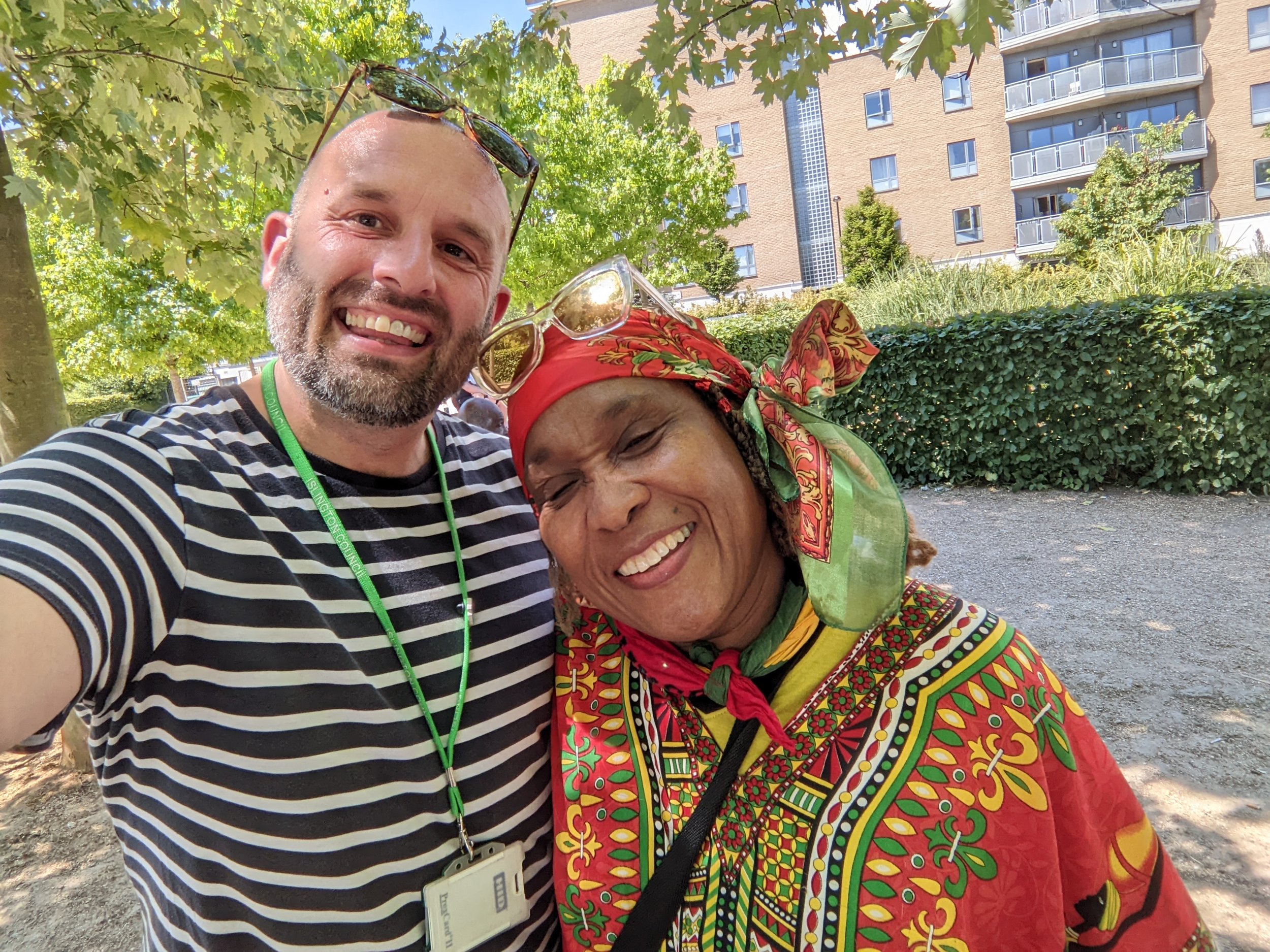
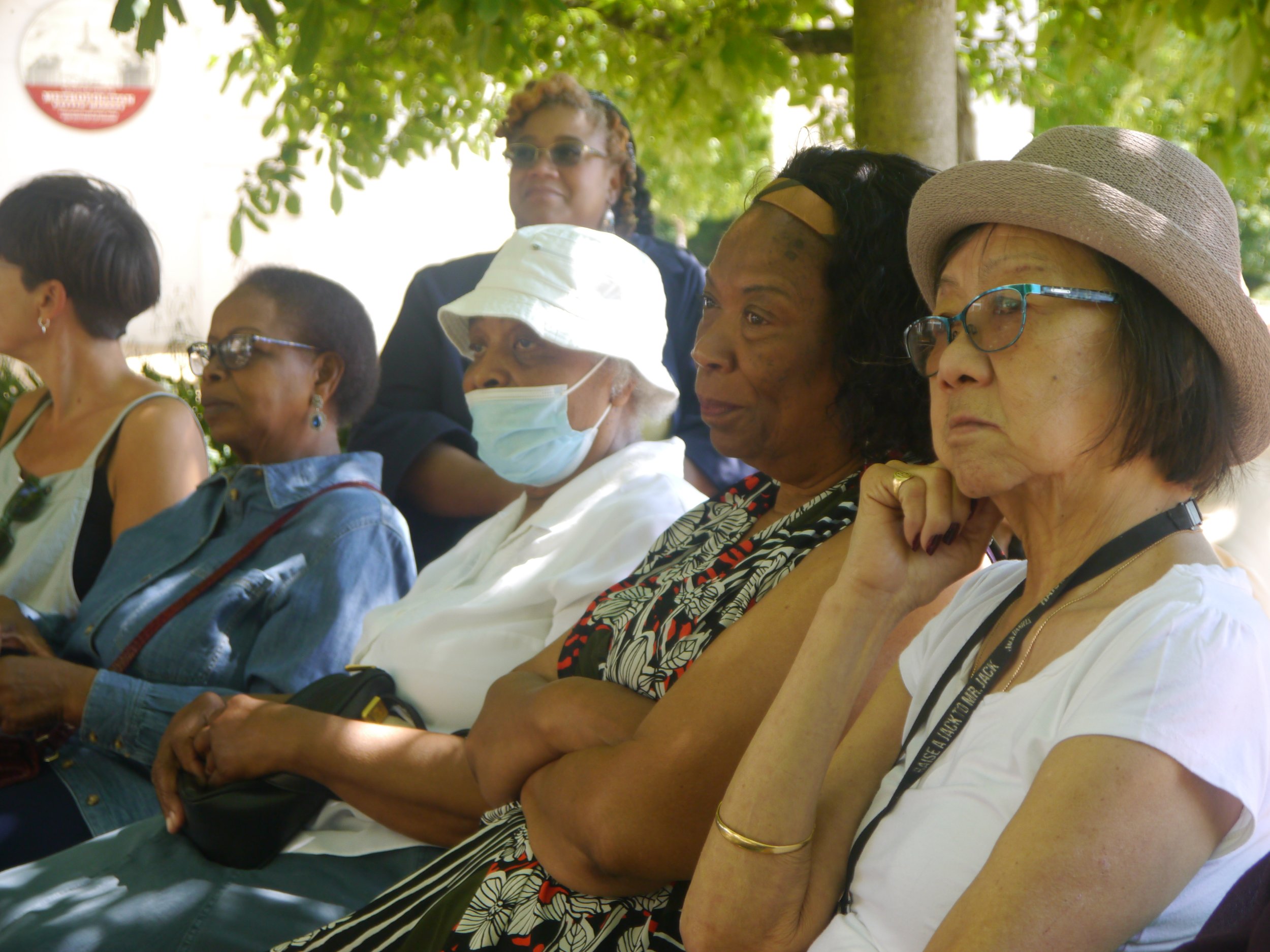
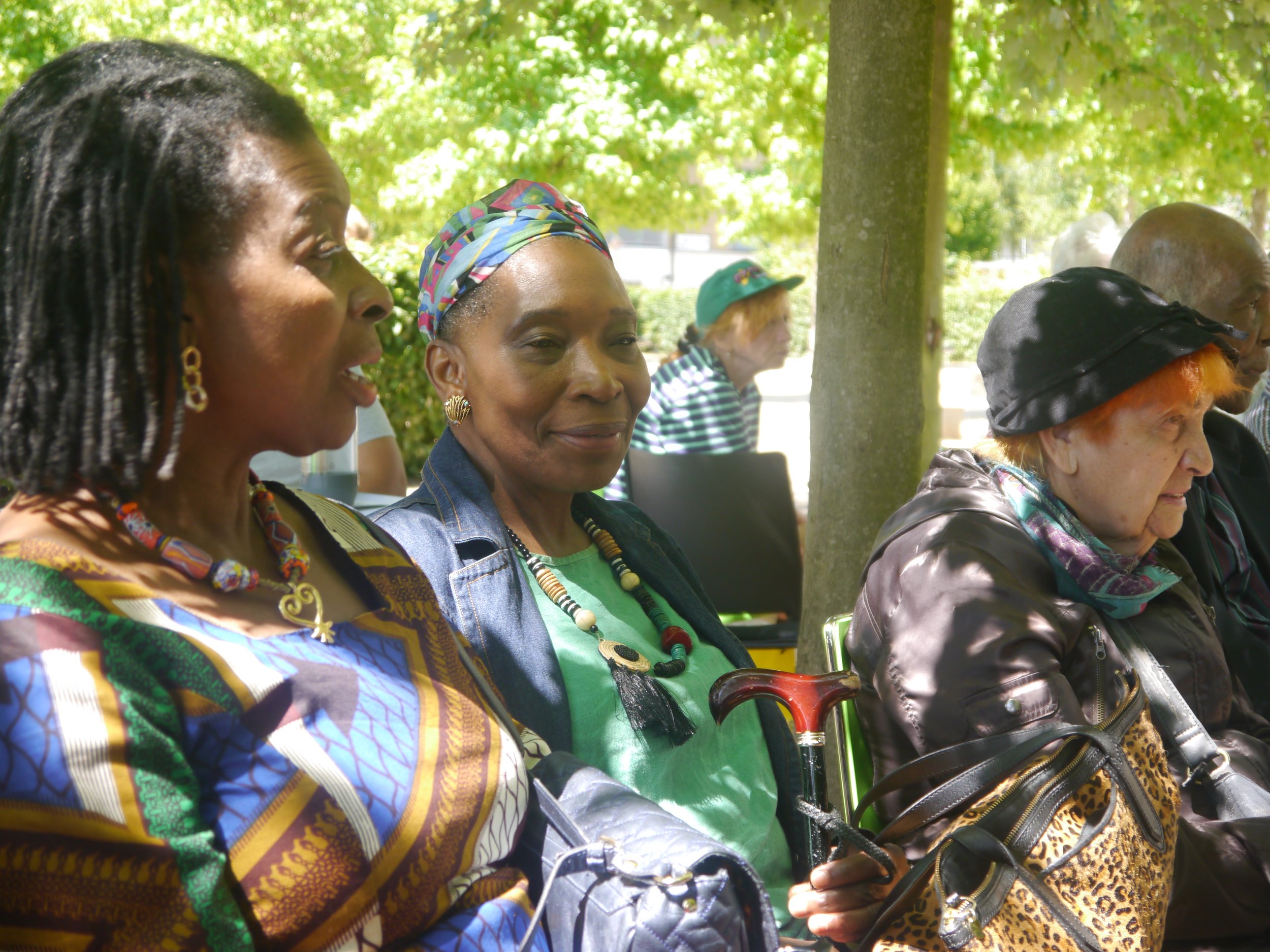
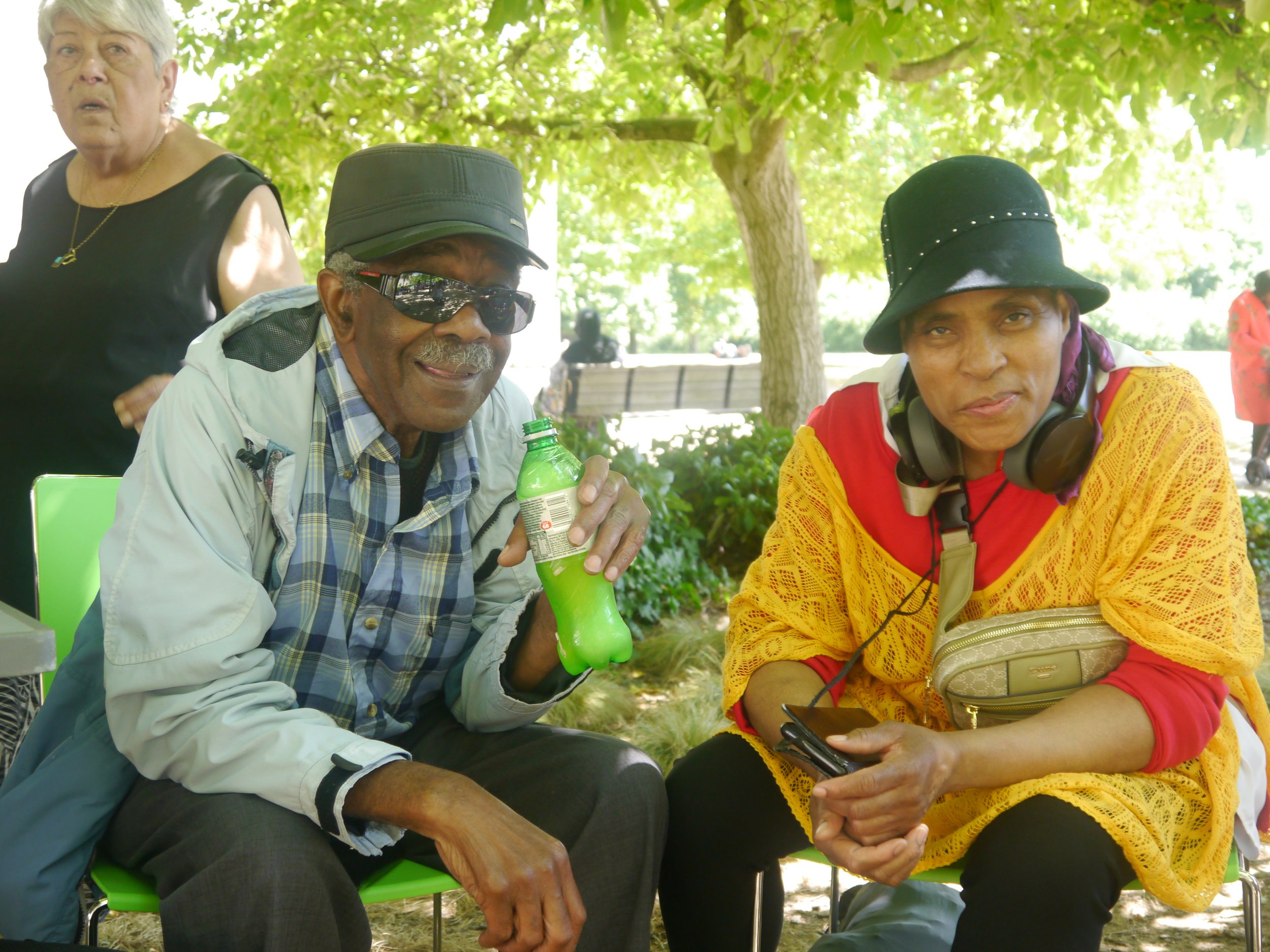
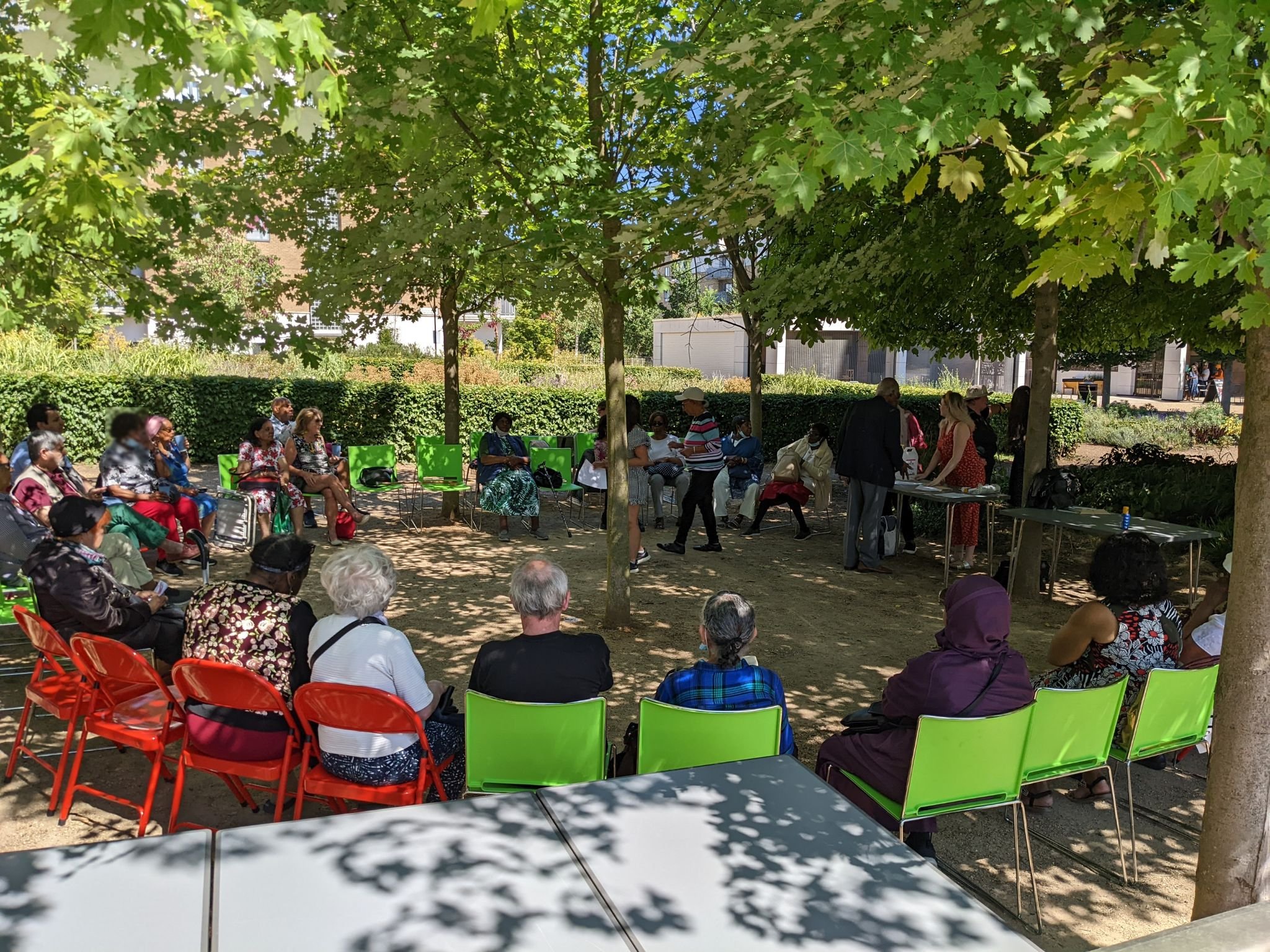
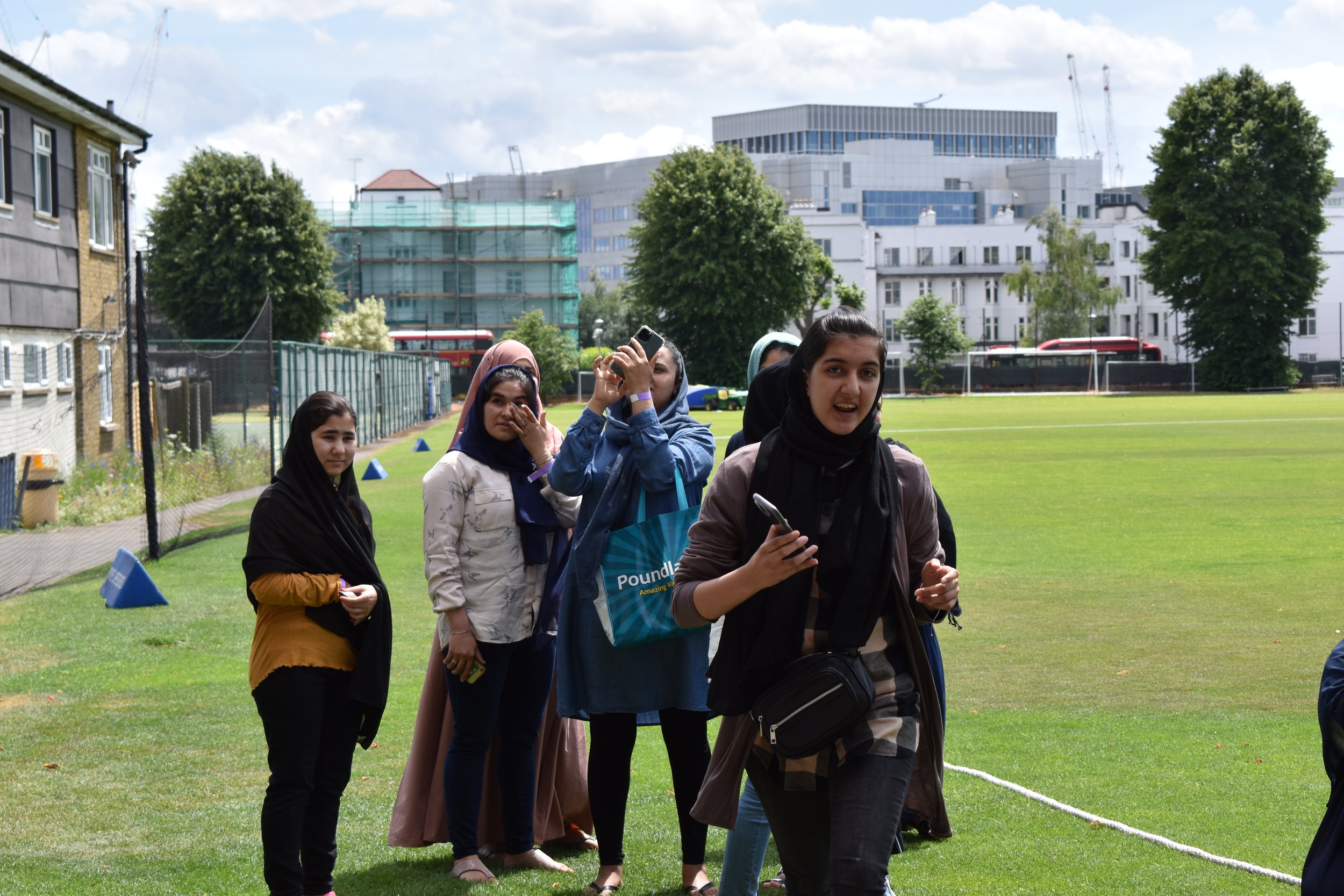
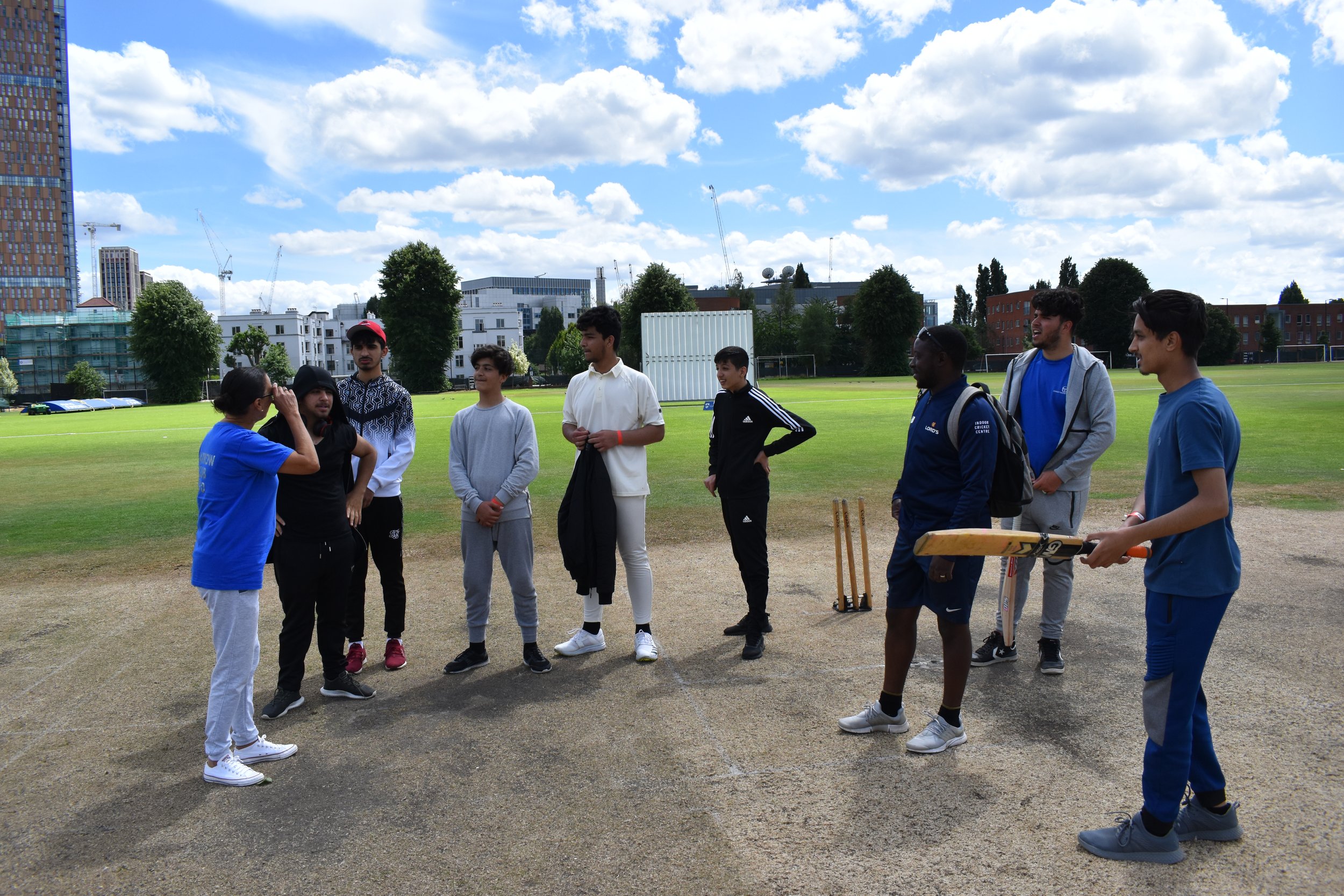
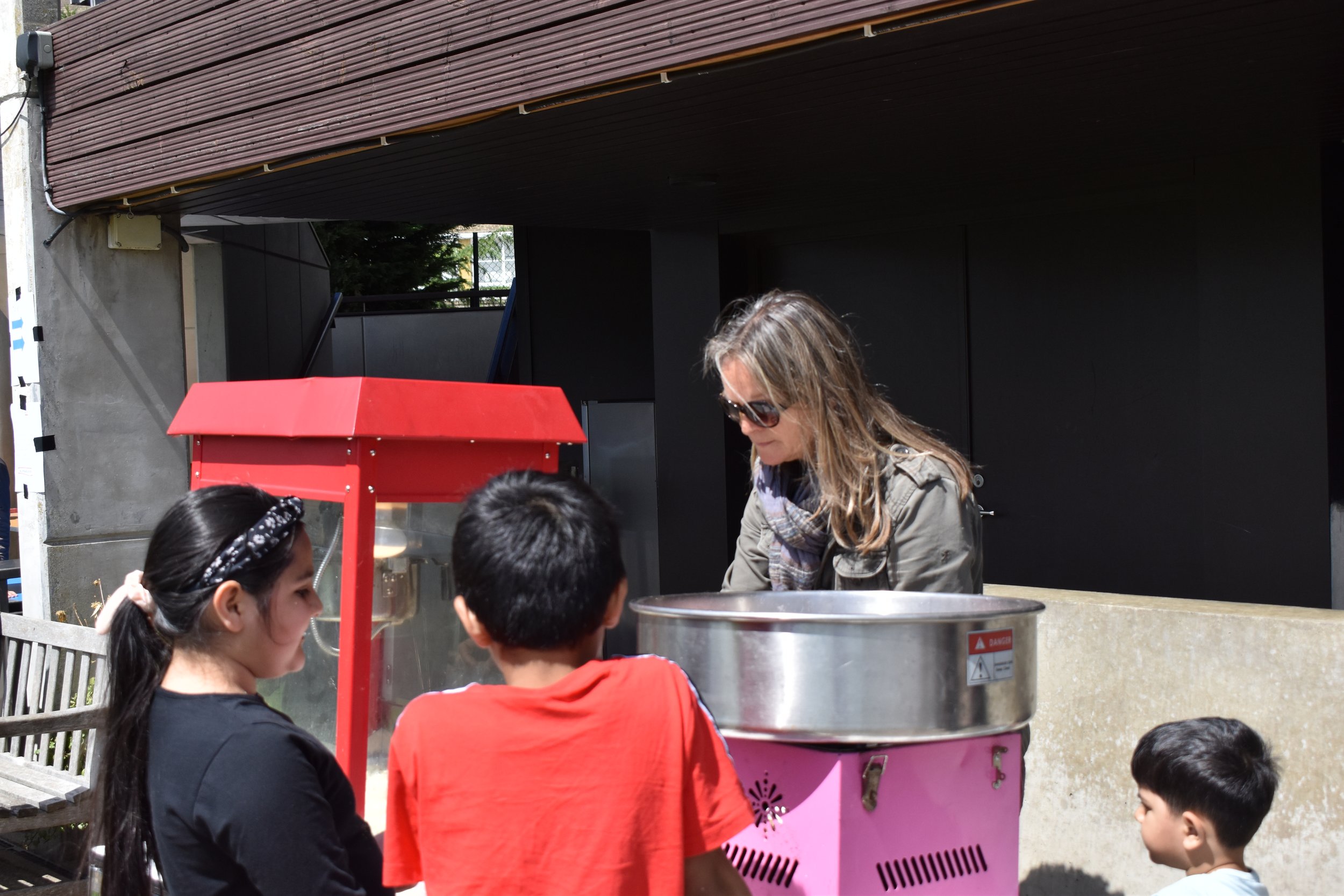
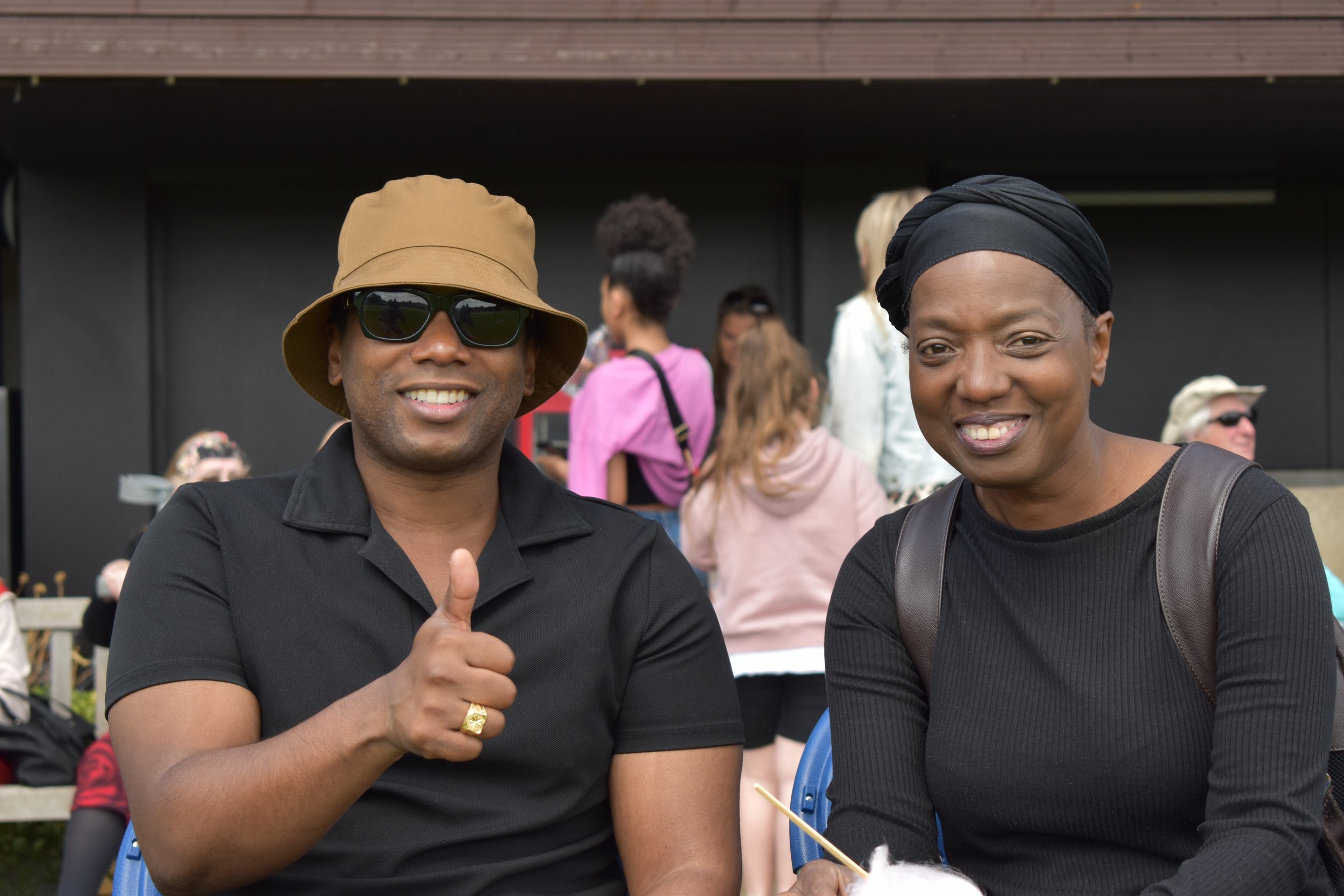
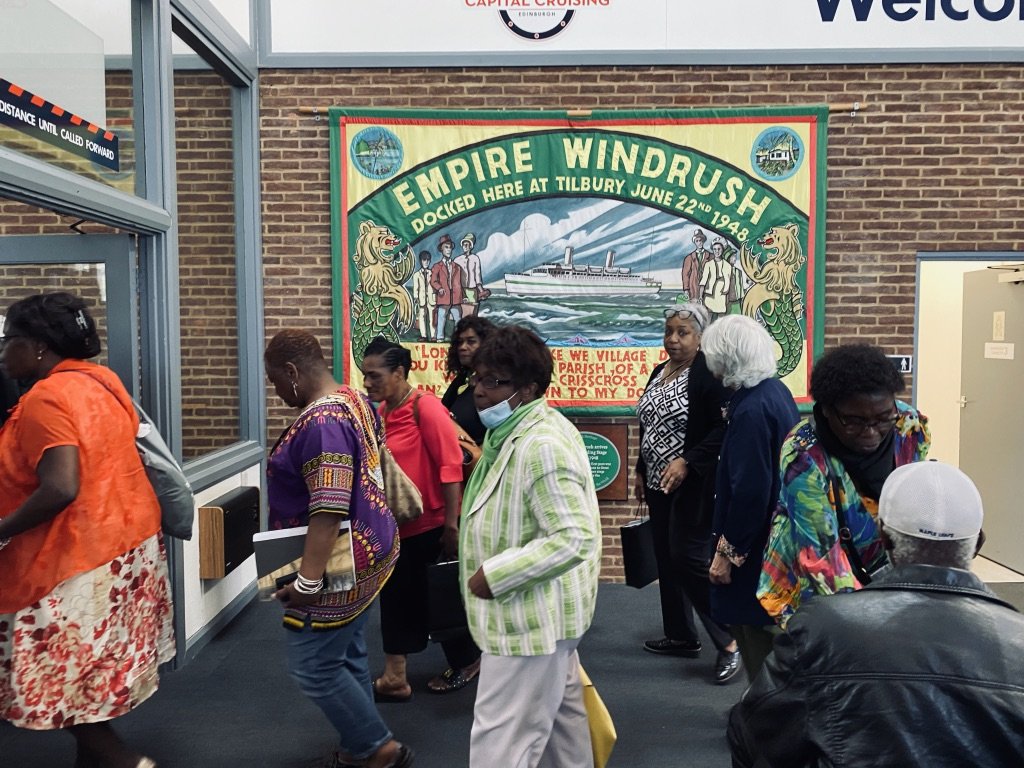
![Nine Night Windrush Party [#009] LoRes.jpg](https://images.squarespace-cdn.com/content/v1/5a68889a90bade540b4da177/1658742541947-EUJKMUBO2S5ZMQL5TEG1/Nine+Night+Windrush+Party+%5B%23009%5D+LoRes.jpg)
![Nine Night Windrush Party [#015] LoRes.jpg](https://images.squarespace-cdn.com/content/v1/5a68889a90bade540b4da177/1658742546193-MJO6VXH9SKAWY0R2CG0D/Nine+Night+Windrush+Party+%5B%23015%5D+LoRes.jpg)
![Nine Night Windrush Party [#027] LoRes.jpg](https://images.squarespace-cdn.com/content/v1/5a68889a90bade540b4da177/1658742549638-UBHB67JP4Z91KYL4ZOE0/Nine+Night+Windrush+Party+%5B%23027%5D+LoRes.jpg)
![Nine Night Windrush Party [#028] LoRes.jpg](https://images.squarespace-cdn.com/content/v1/5a68889a90bade540b4da177/1658742552996-EWZHKR20X3EW9T2H7HO9/Nine+Night+Windrush+Party+%5B%23028%5D+LoRes.jpg)
![Nine Night Windrush Party [#037] LoRes.jpg](https://images.squarespace-cdn.com/content/v1/5a68889a90bade540b4da177/1658742554031-T63VWI917PZ7B2EPUR32/Nine+Night+Windrush+Party+%5B%23037%5D+LoRes.jpg)
